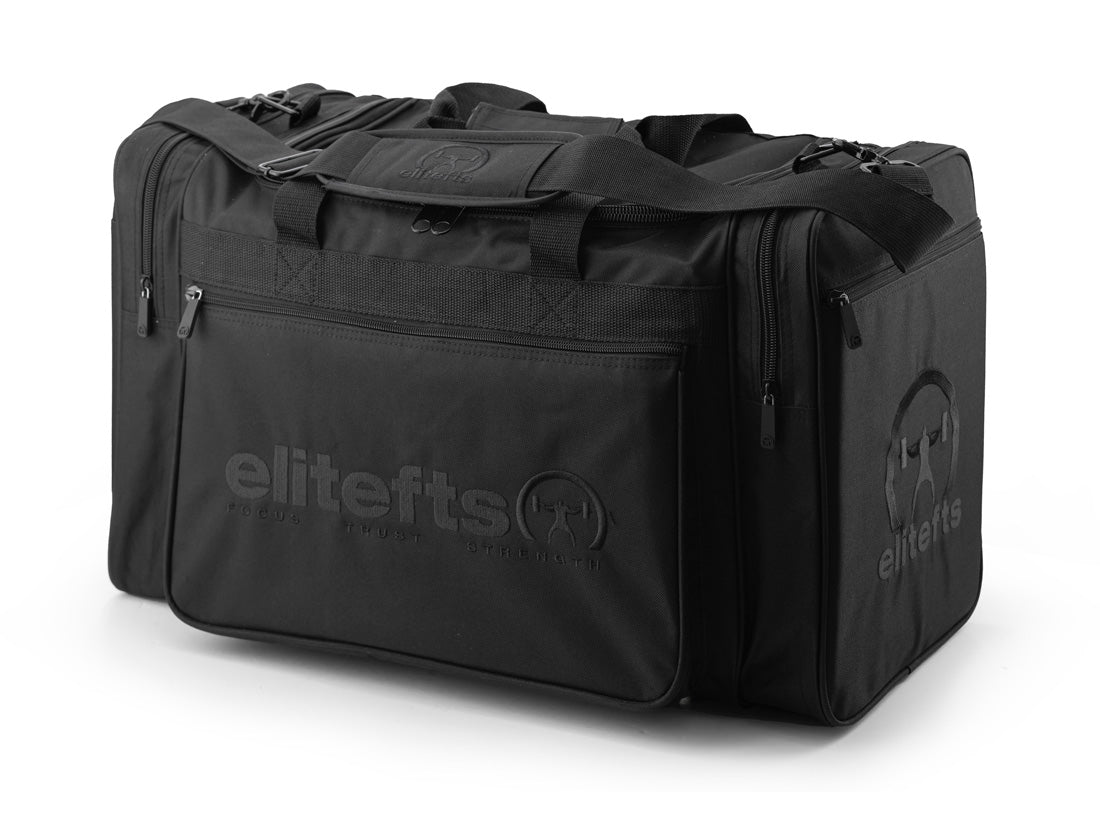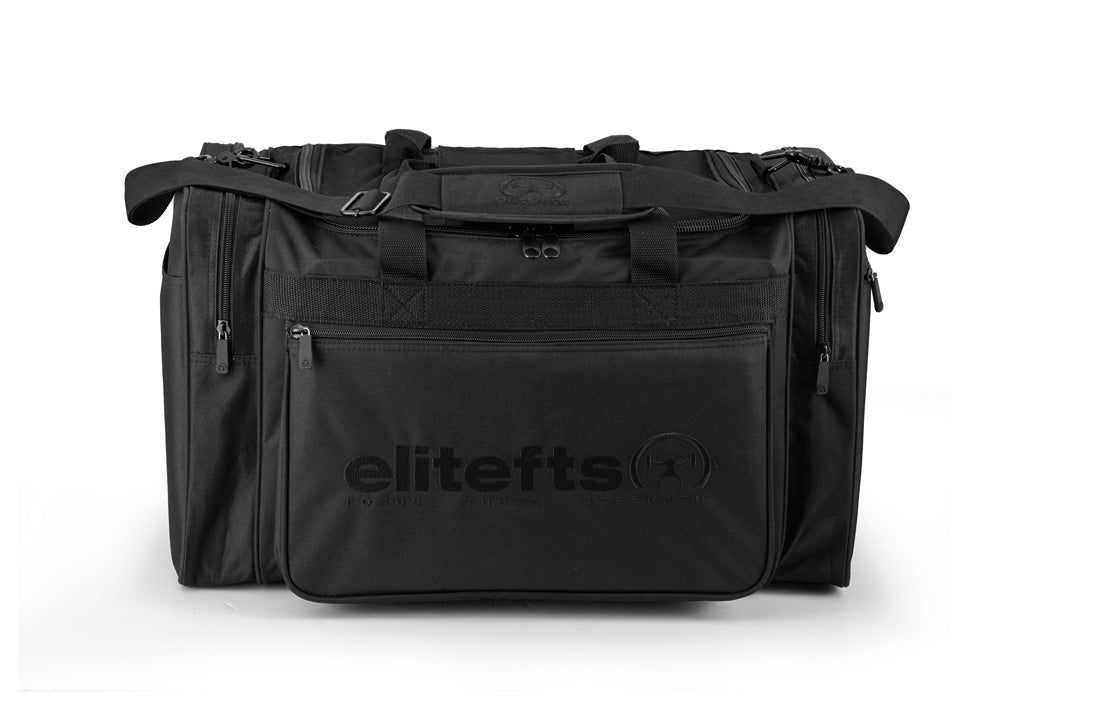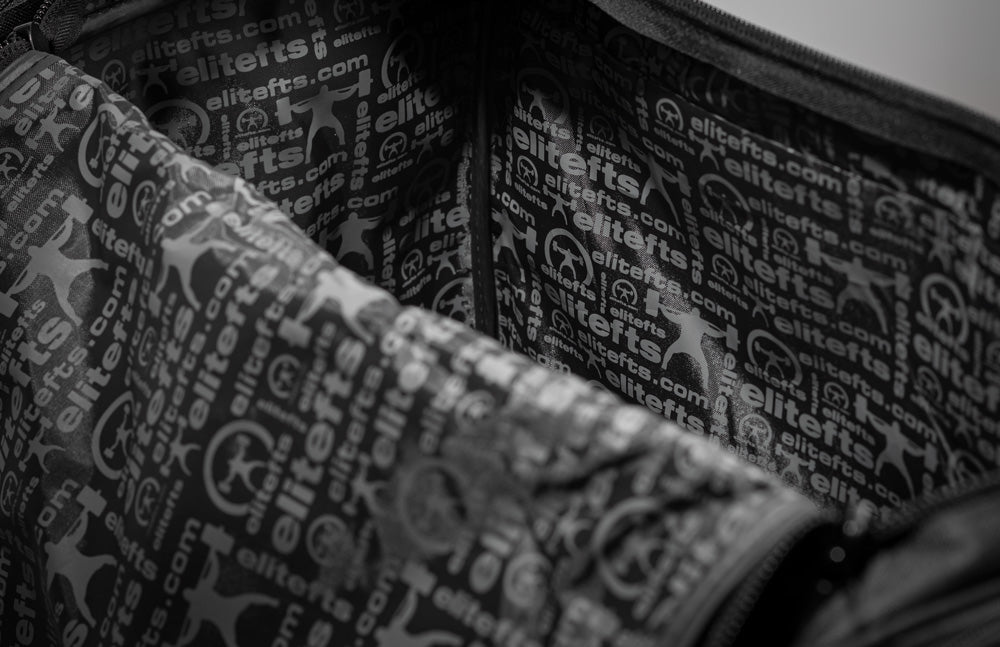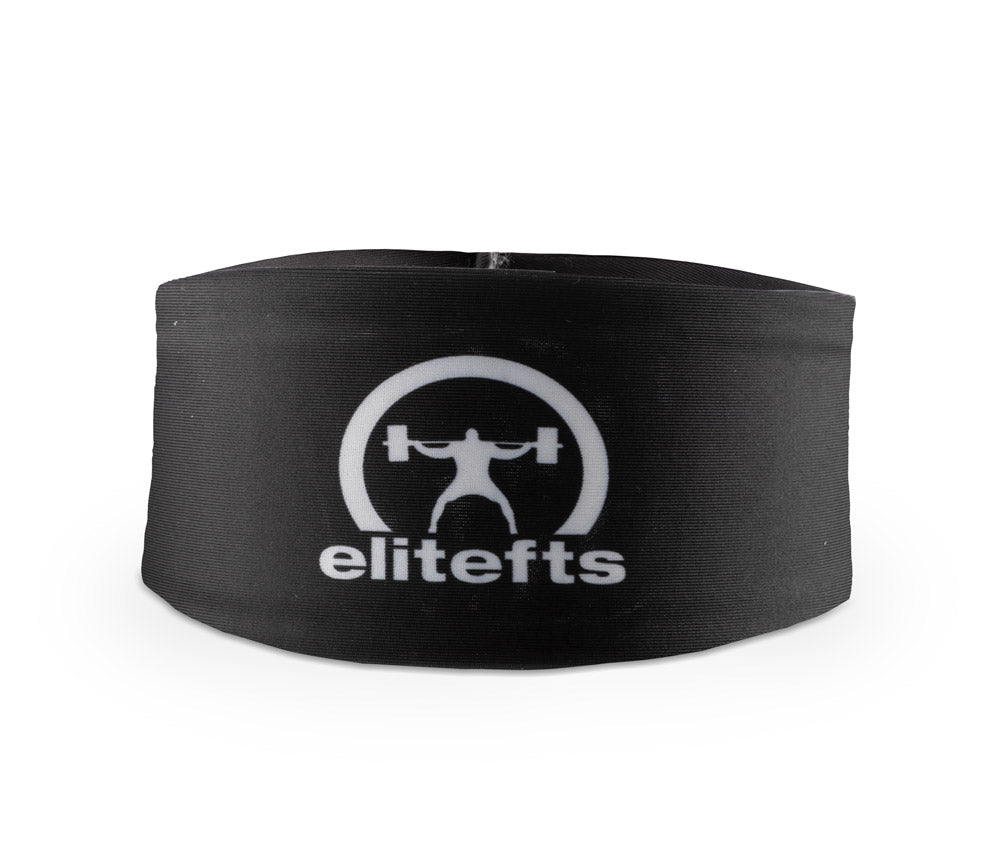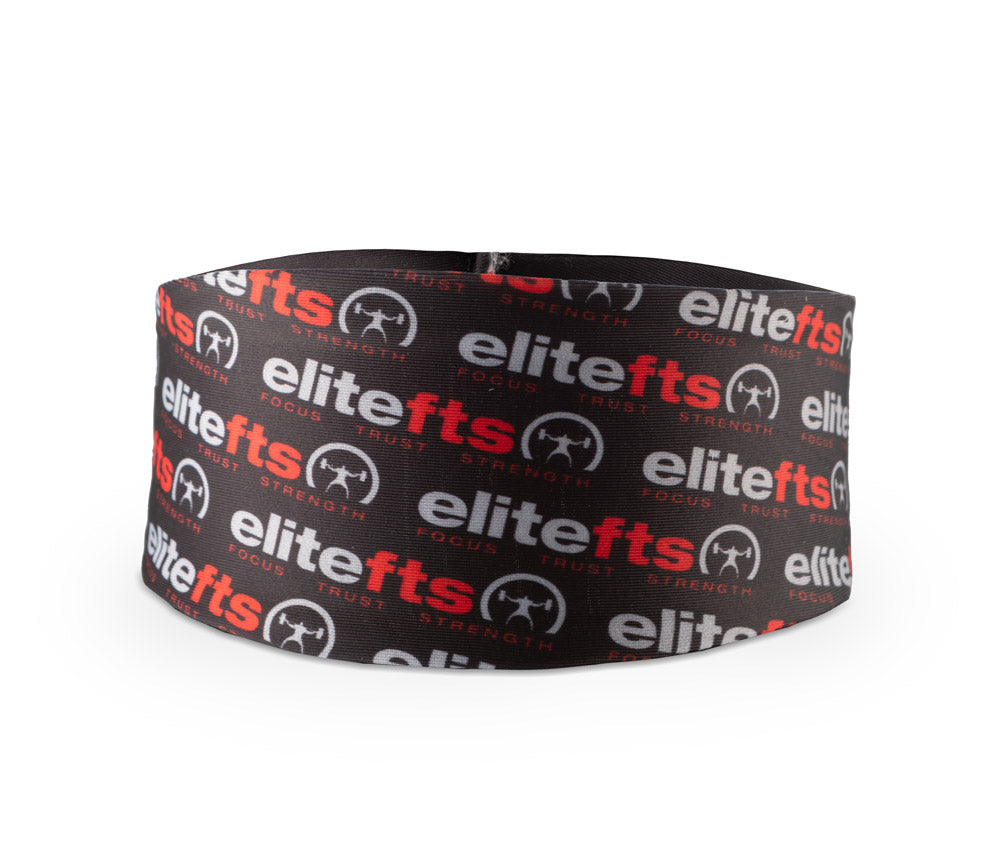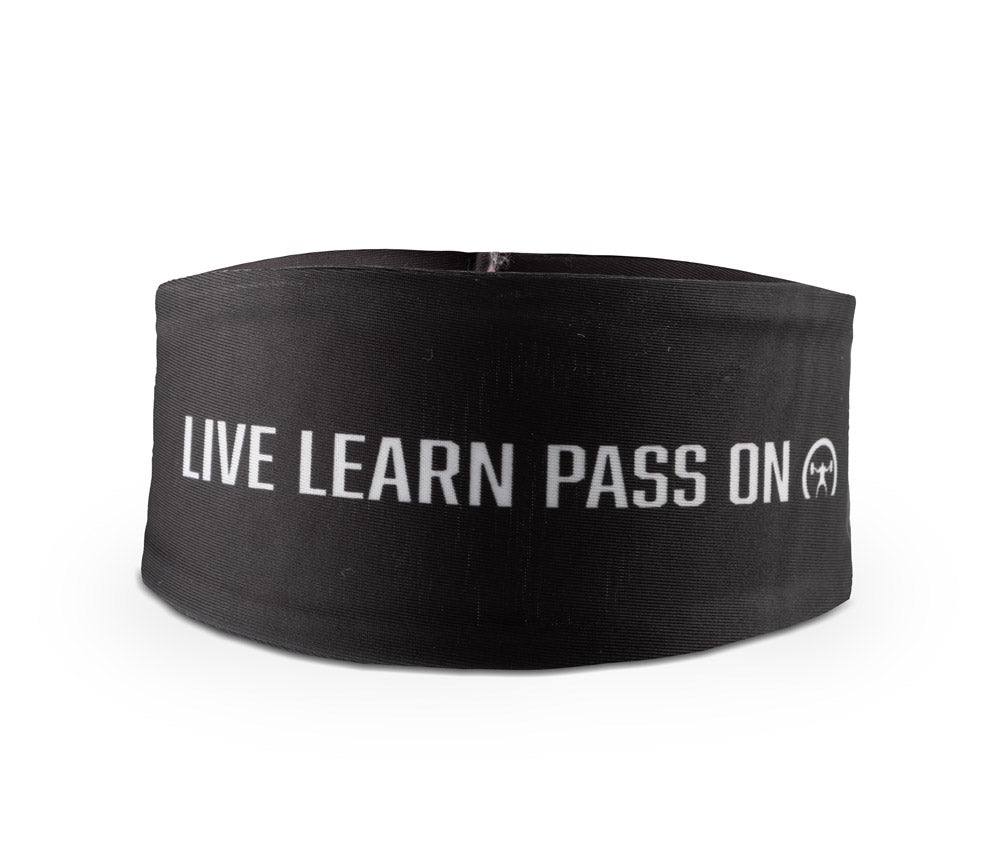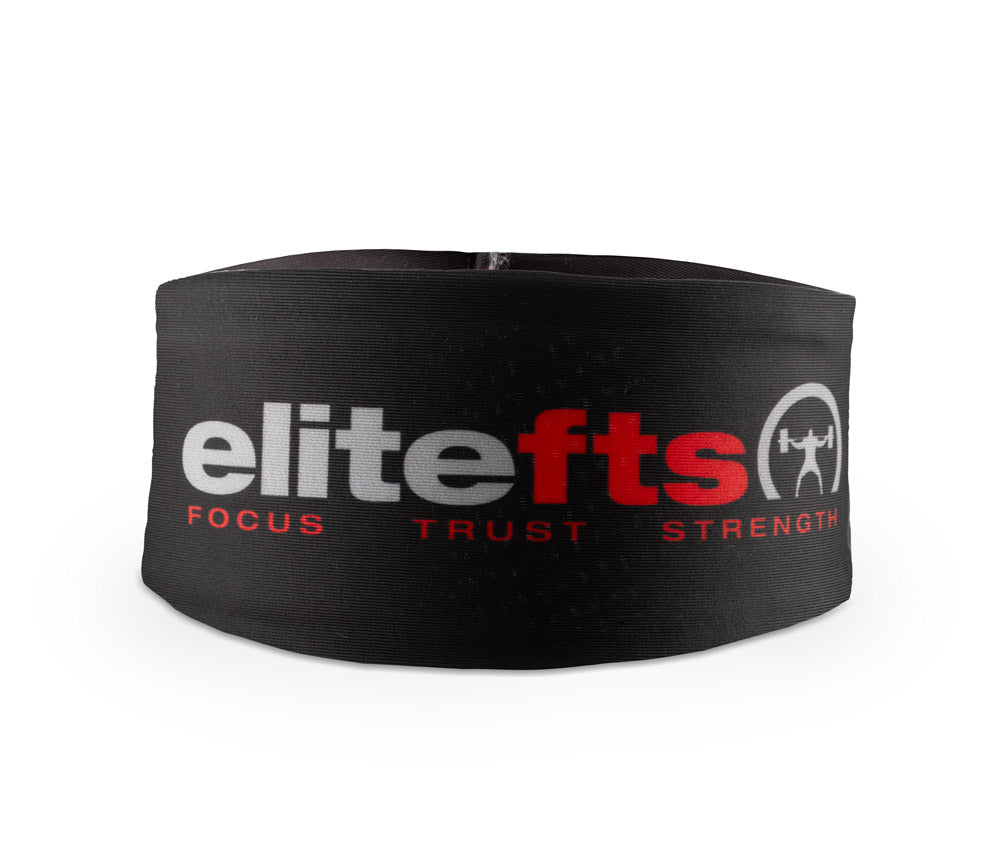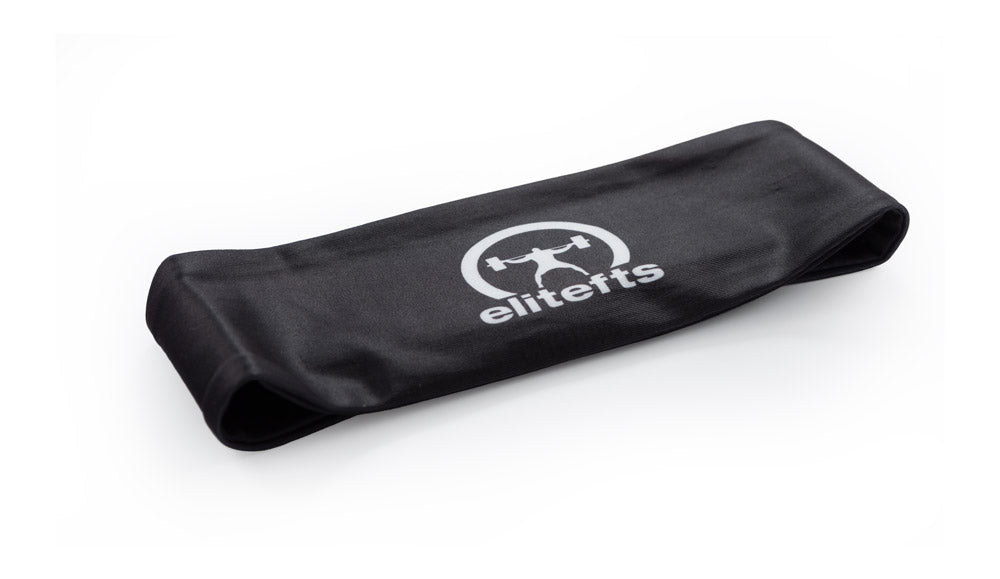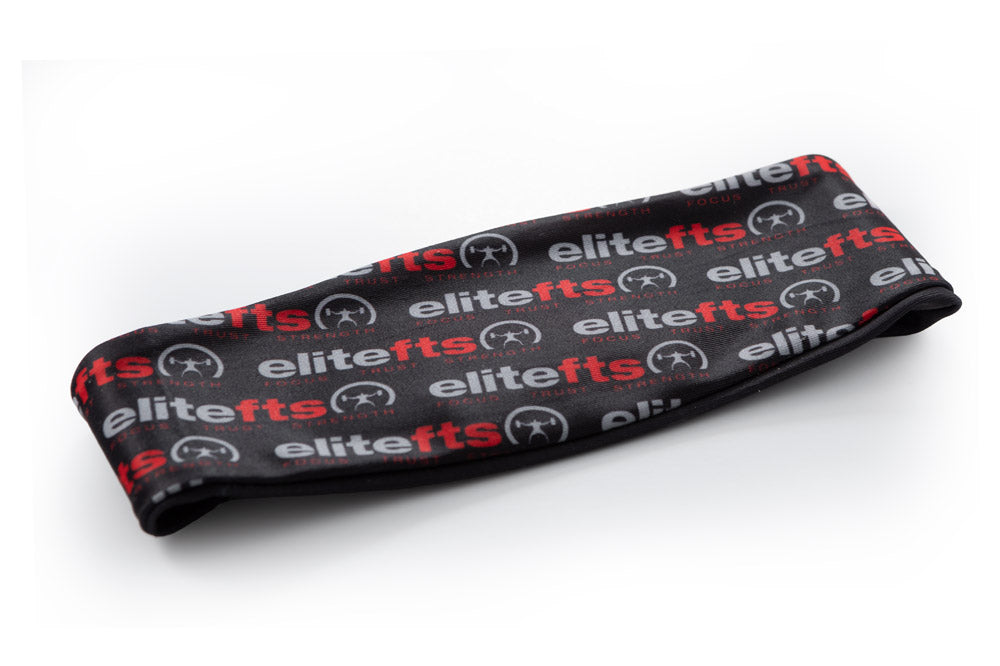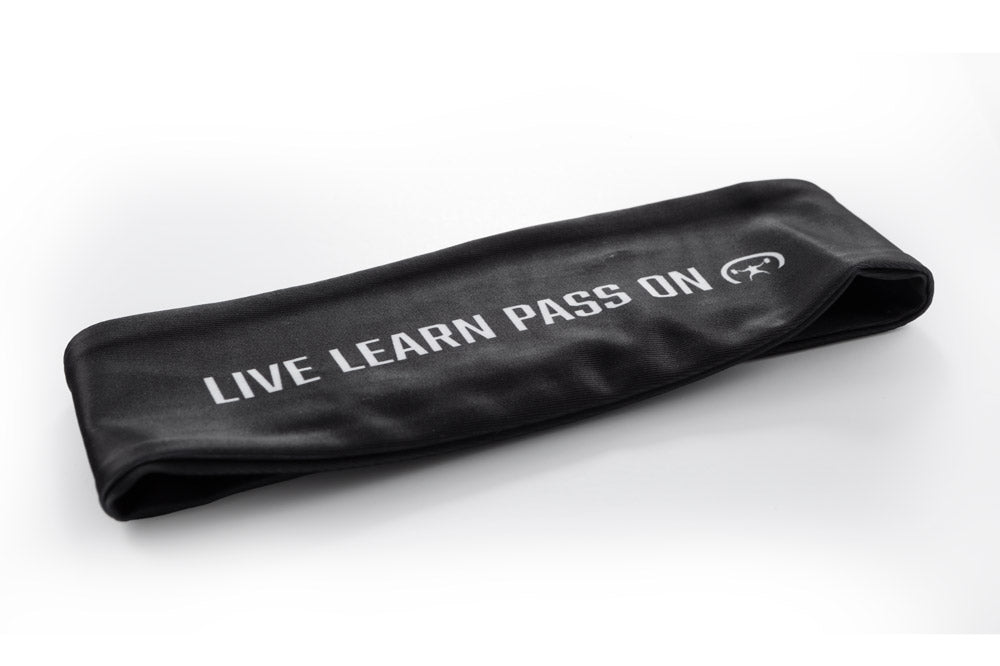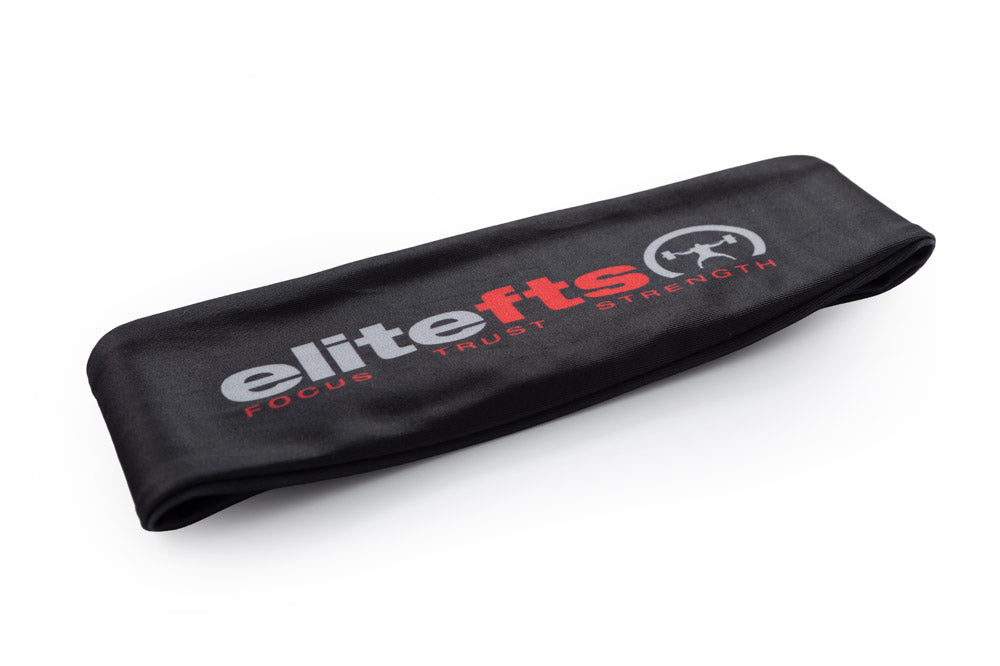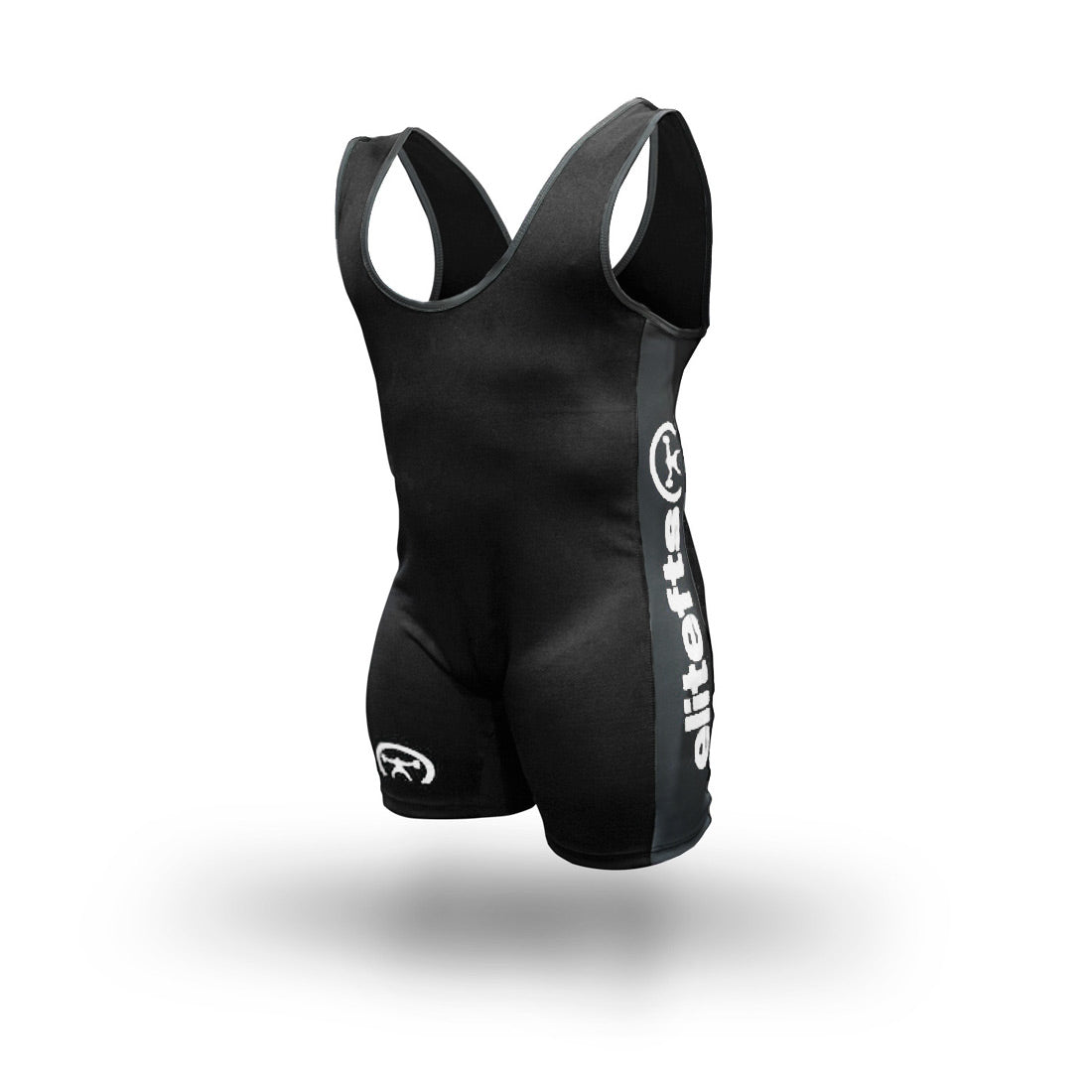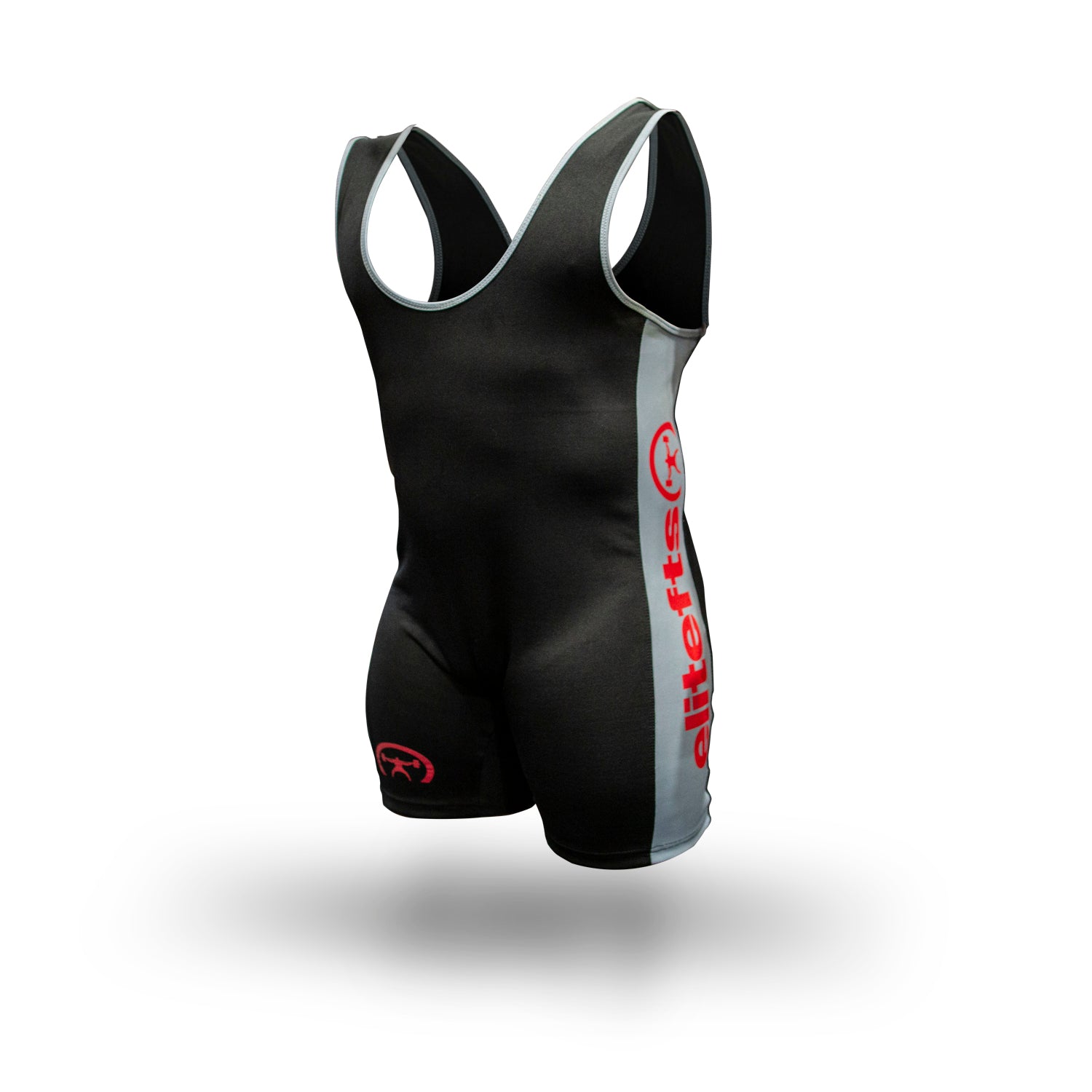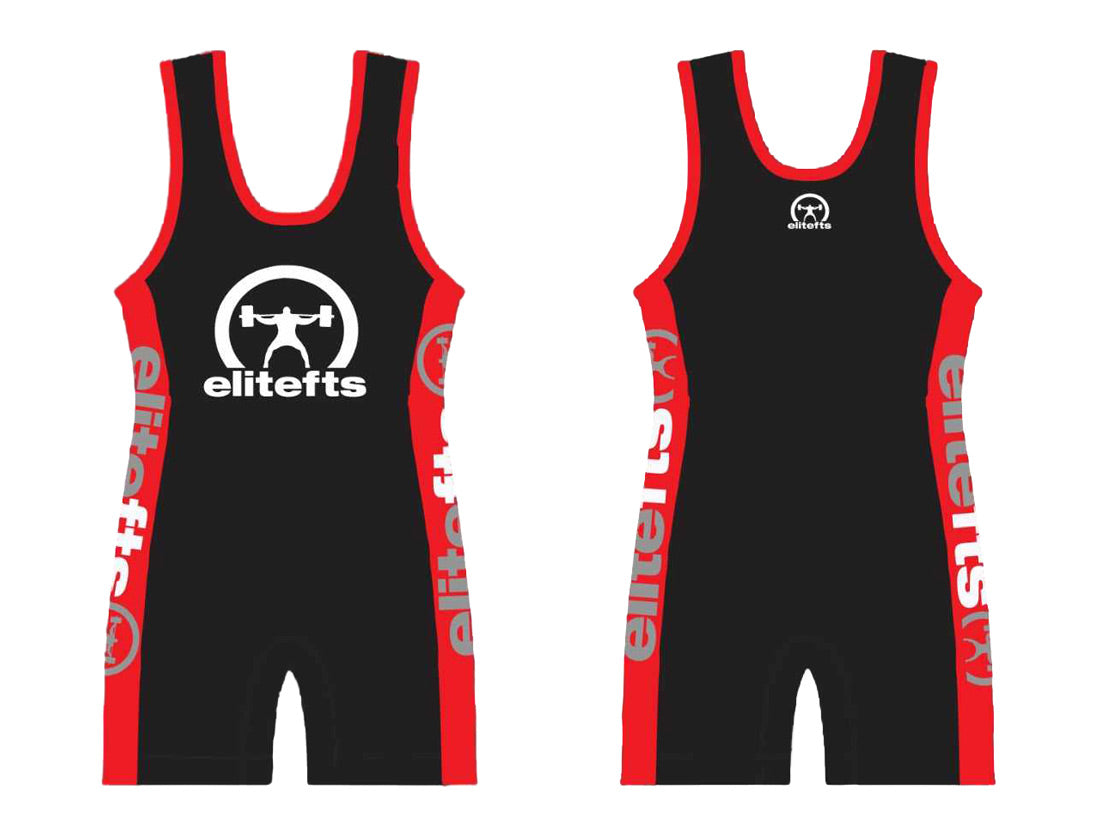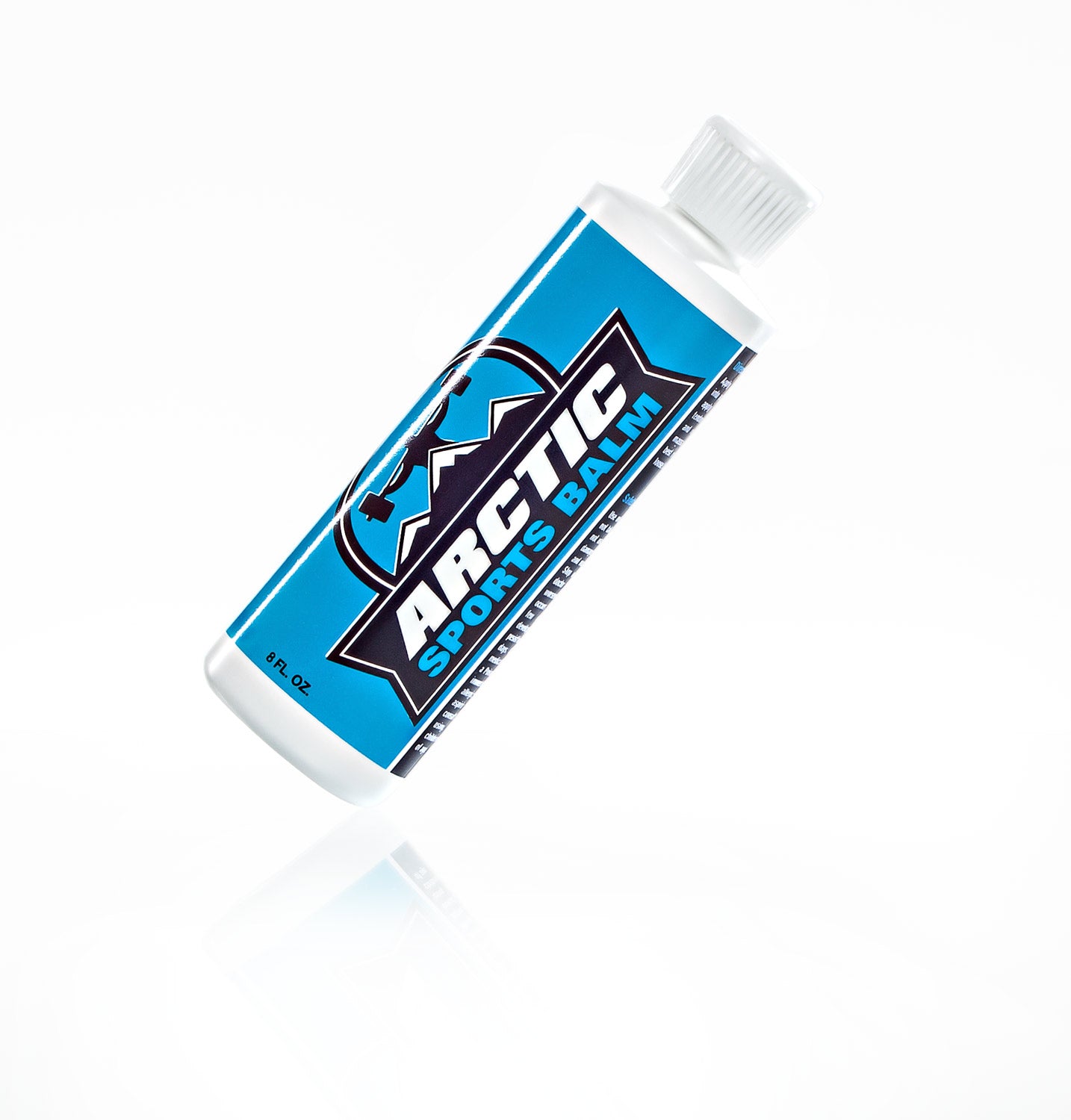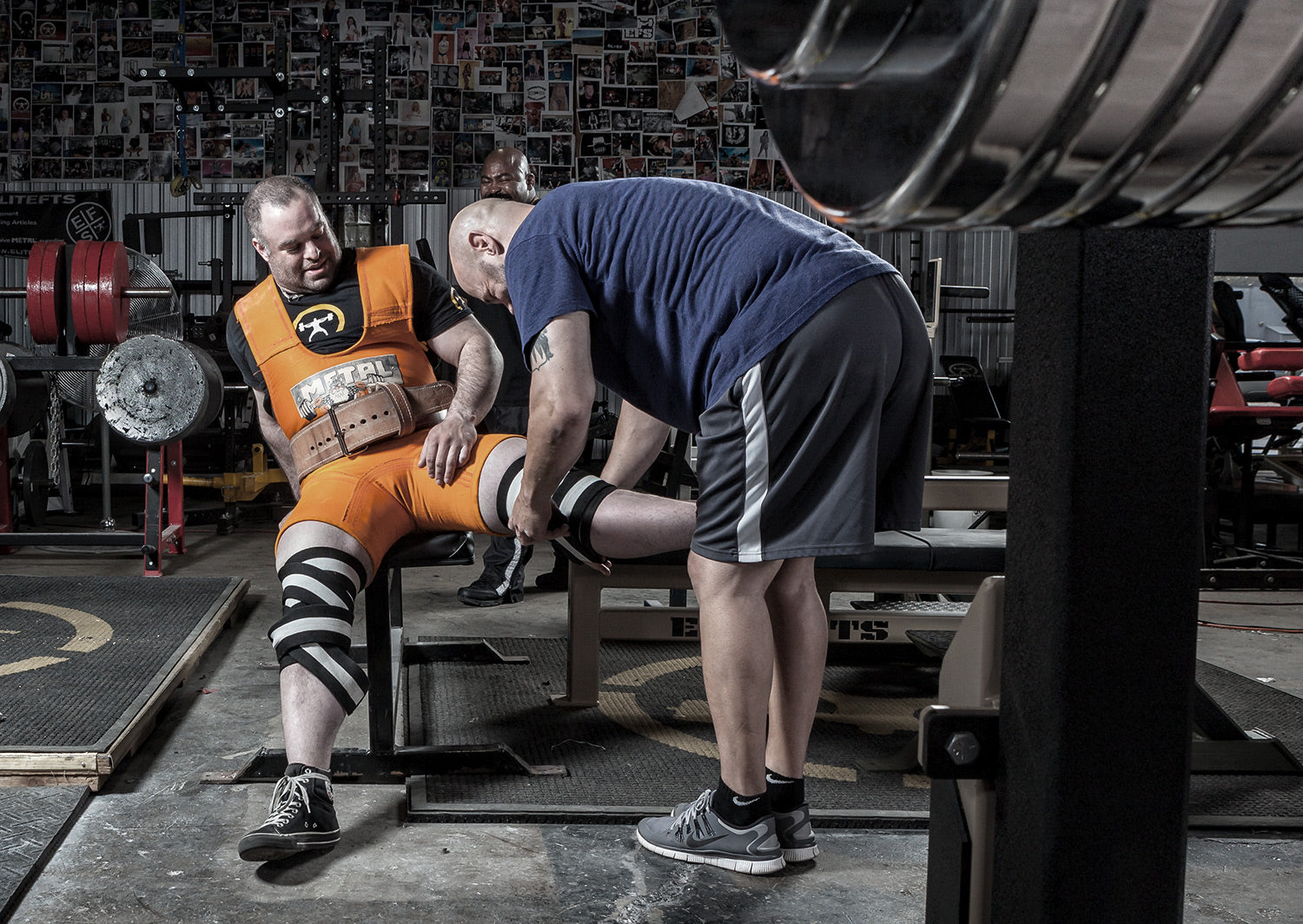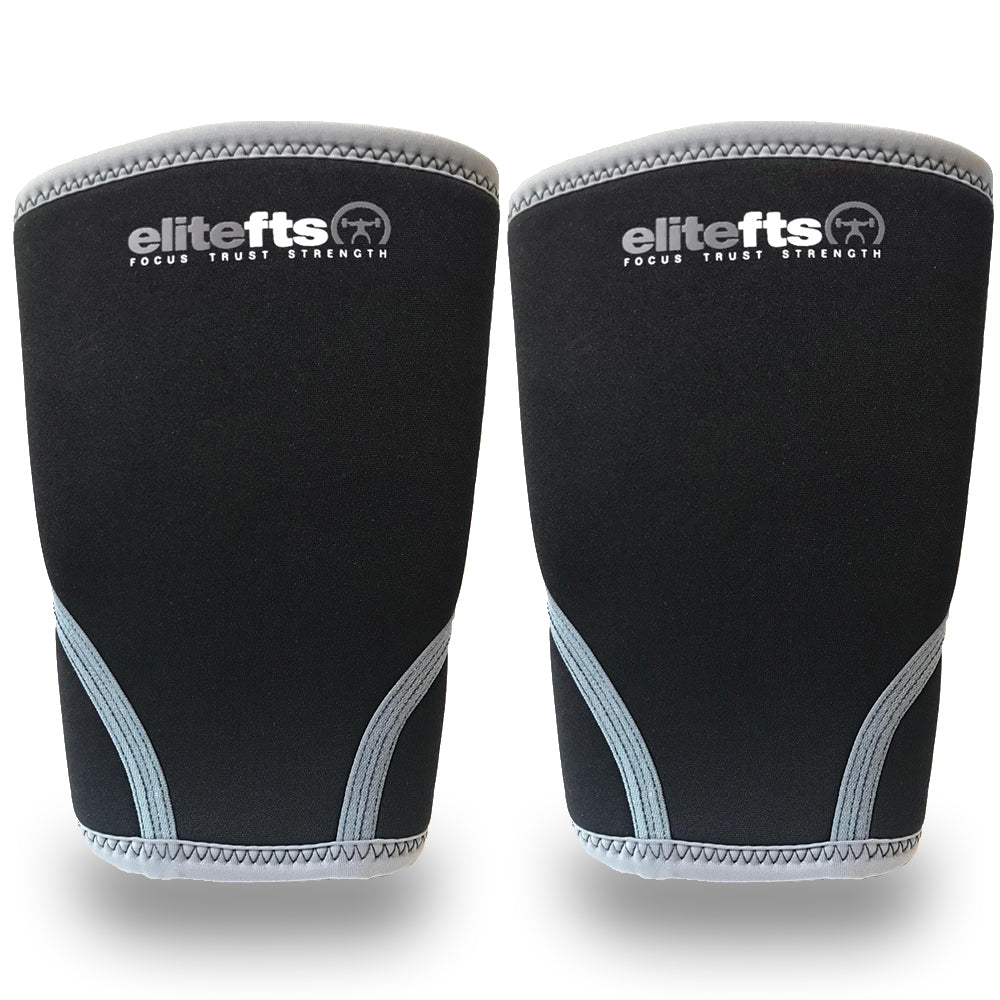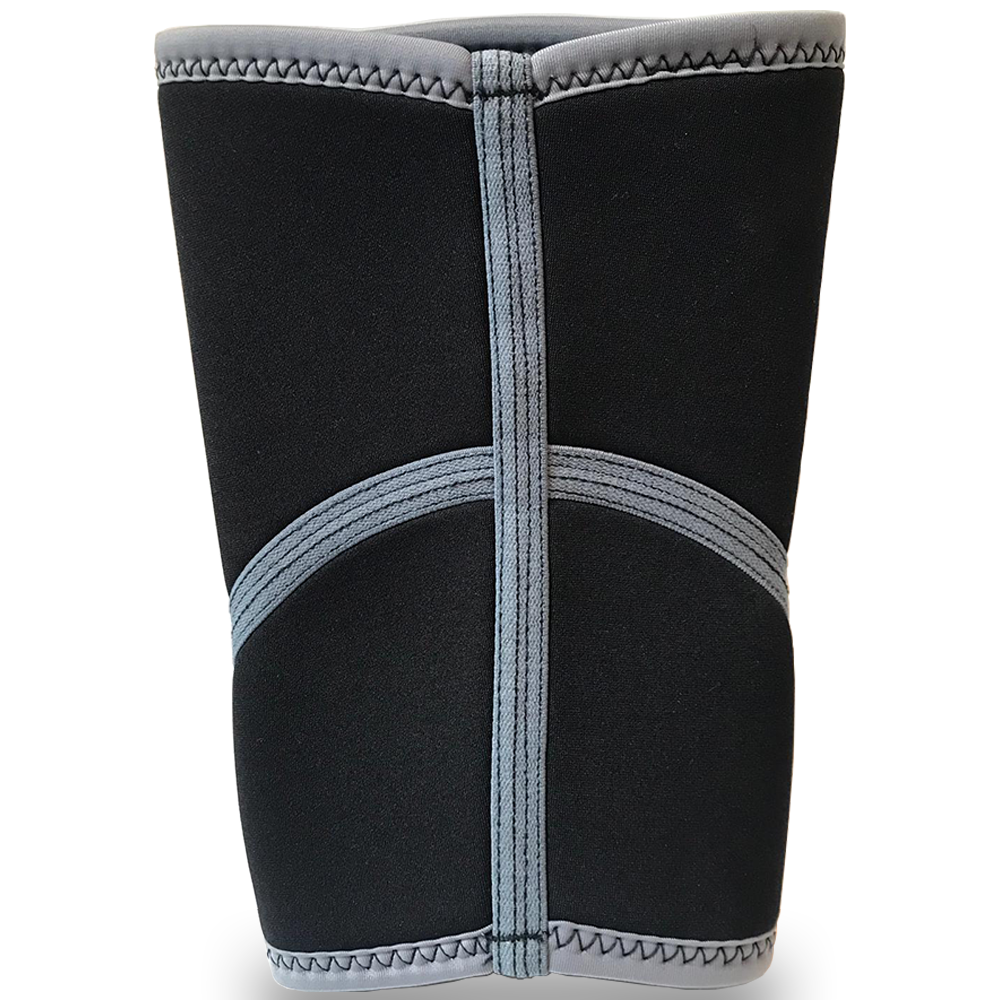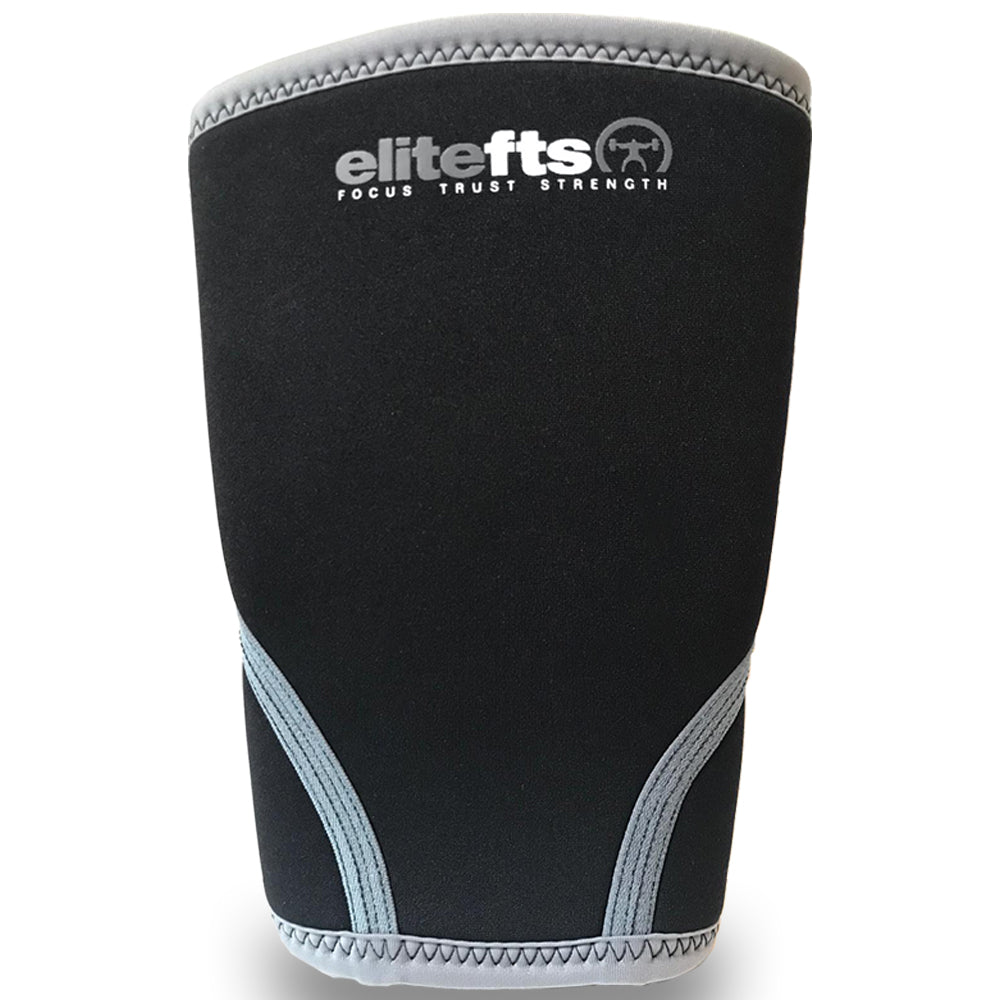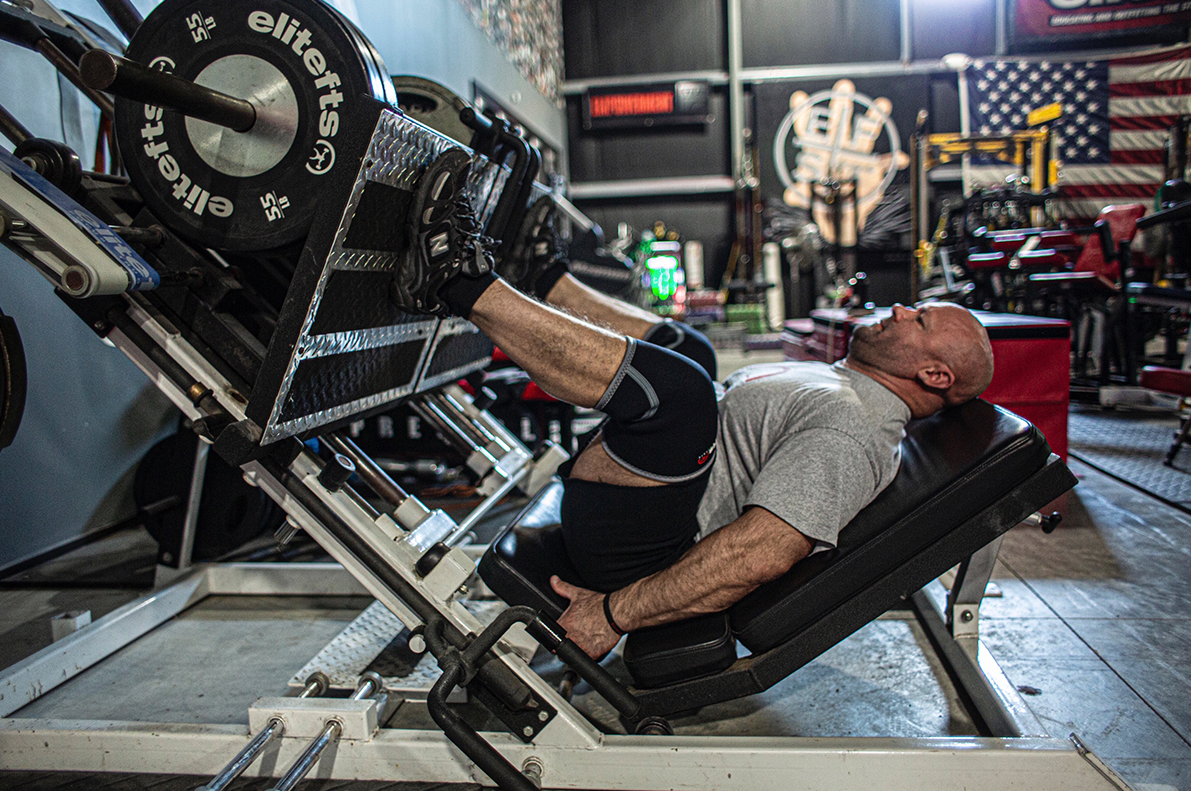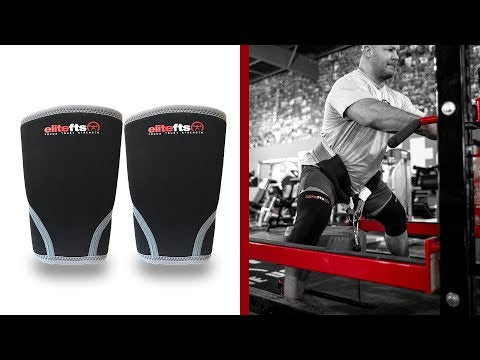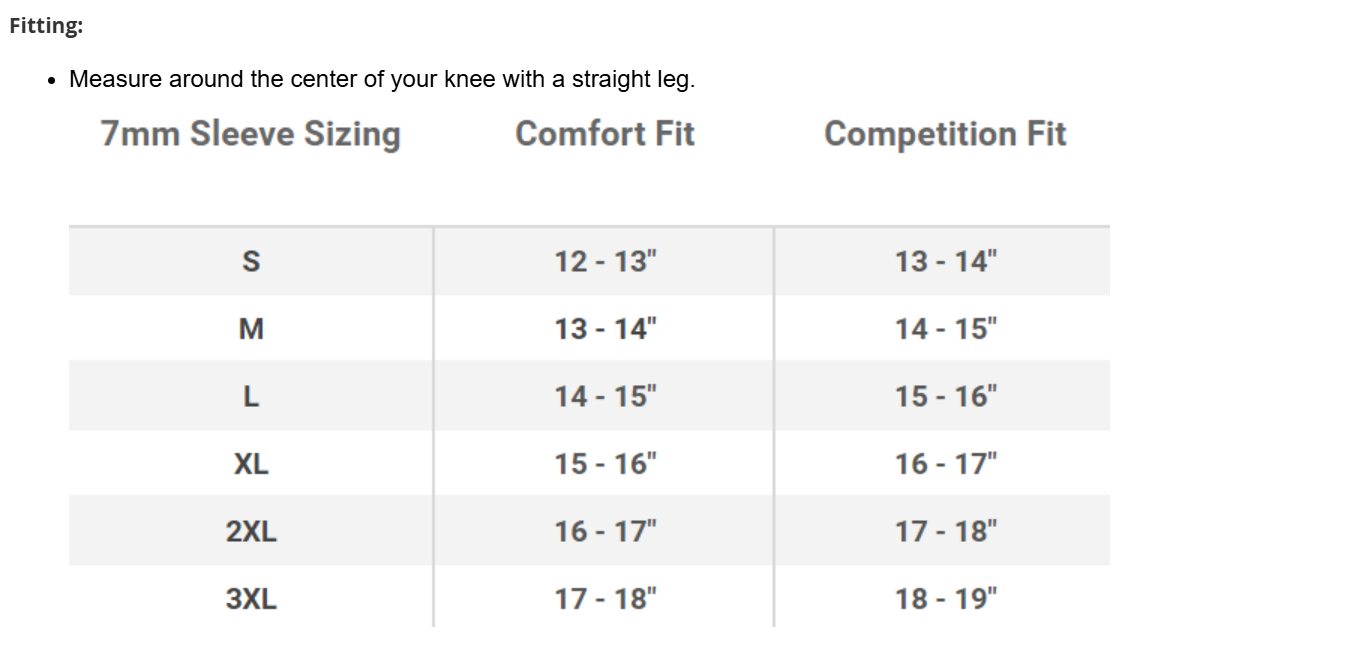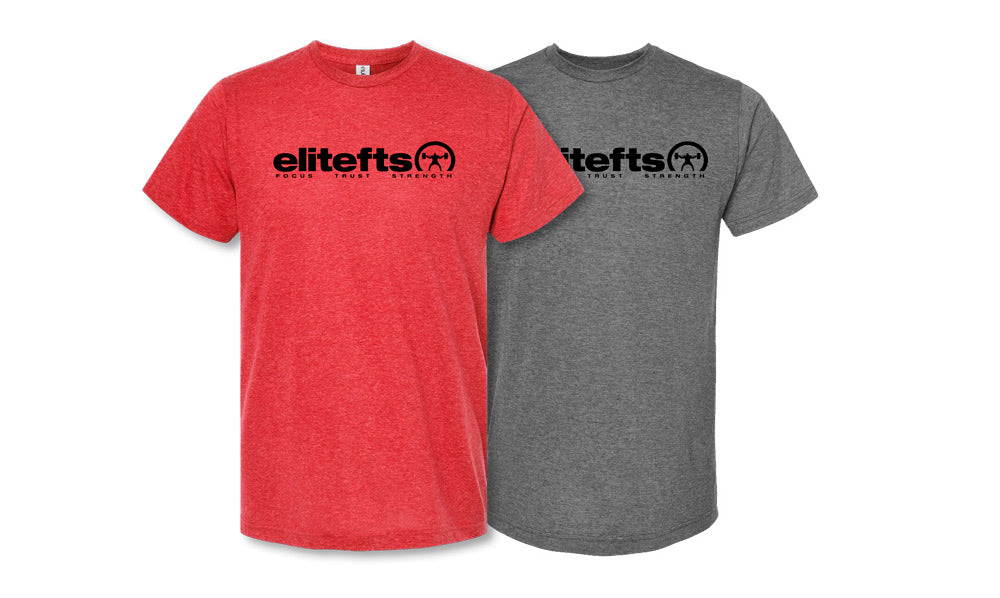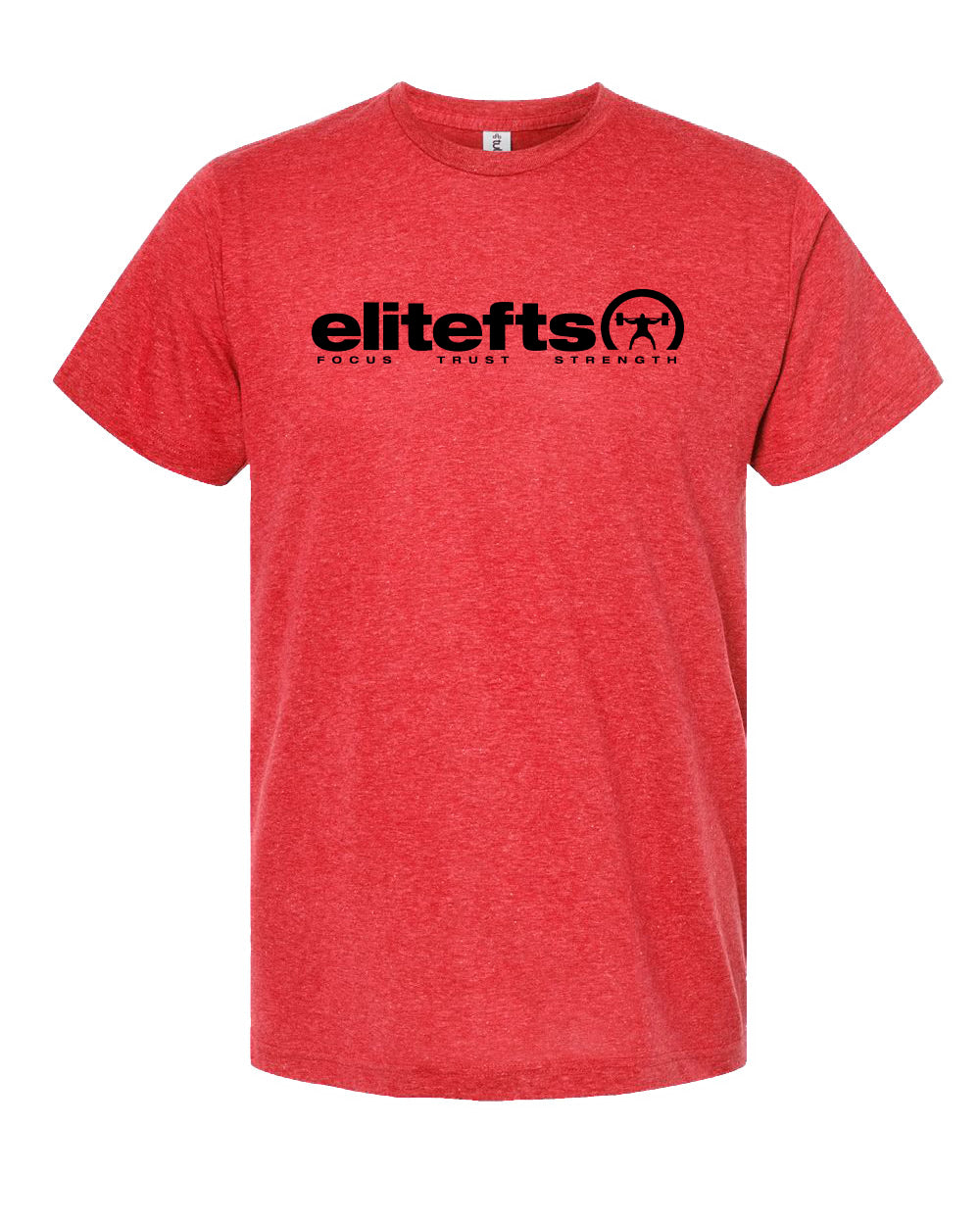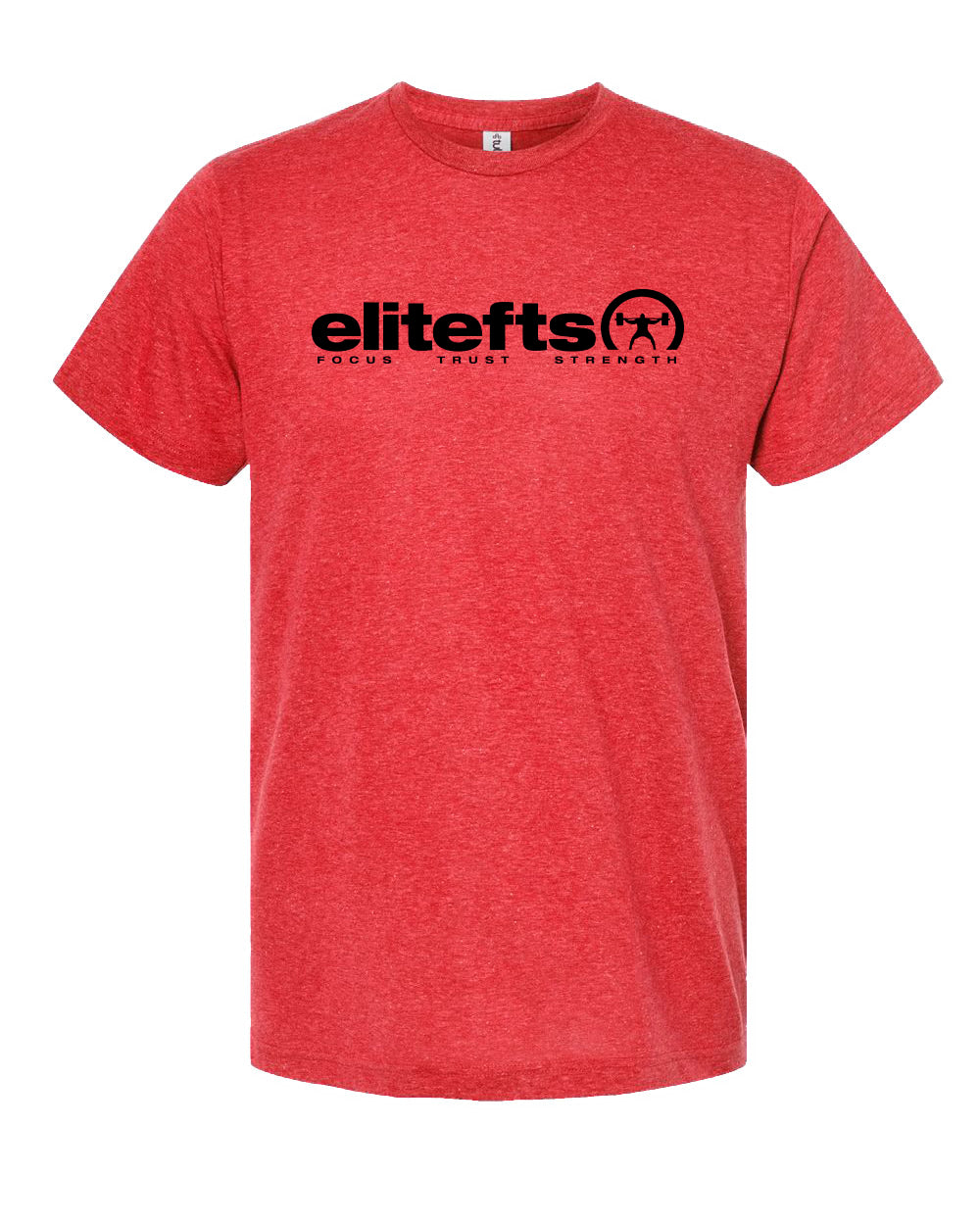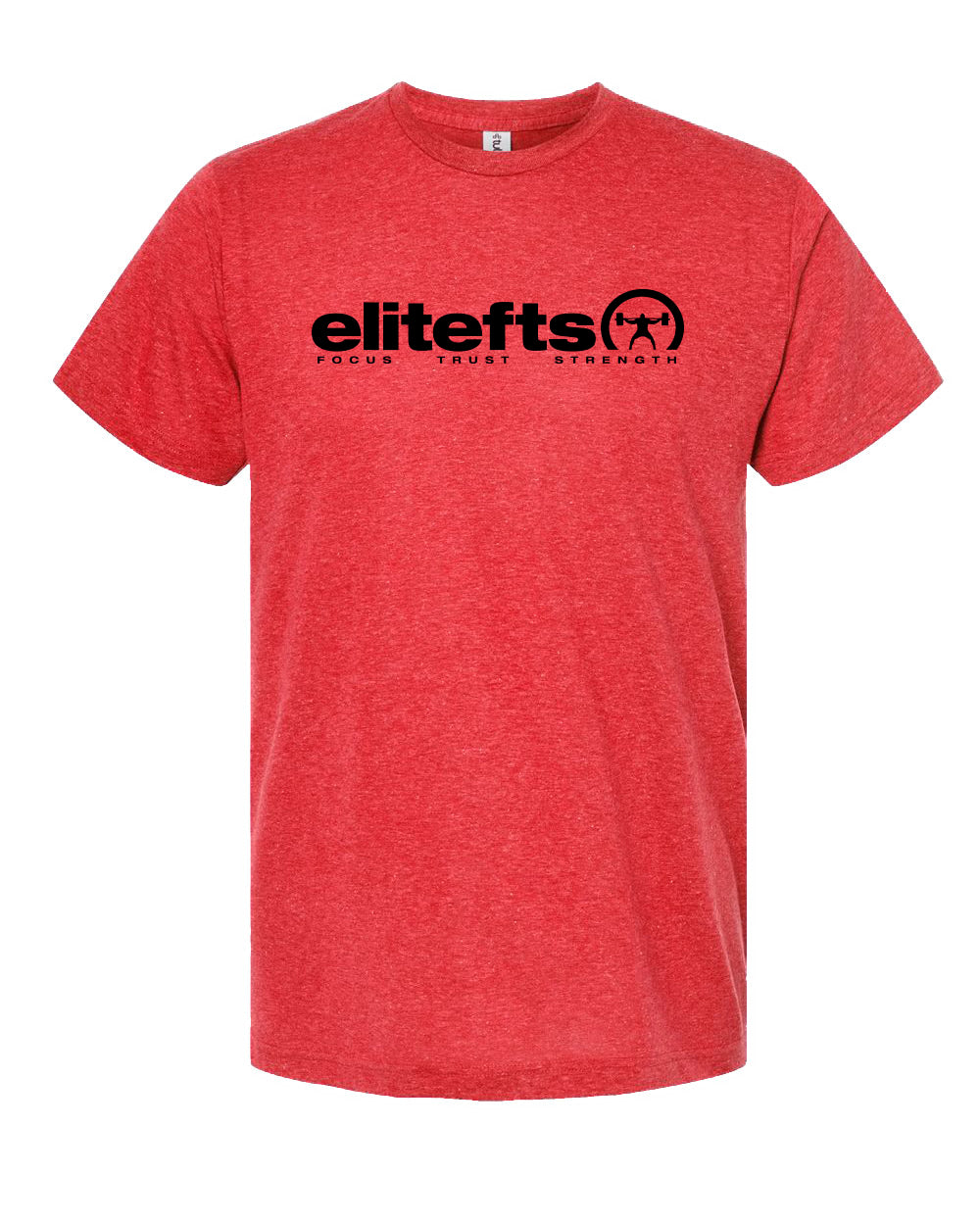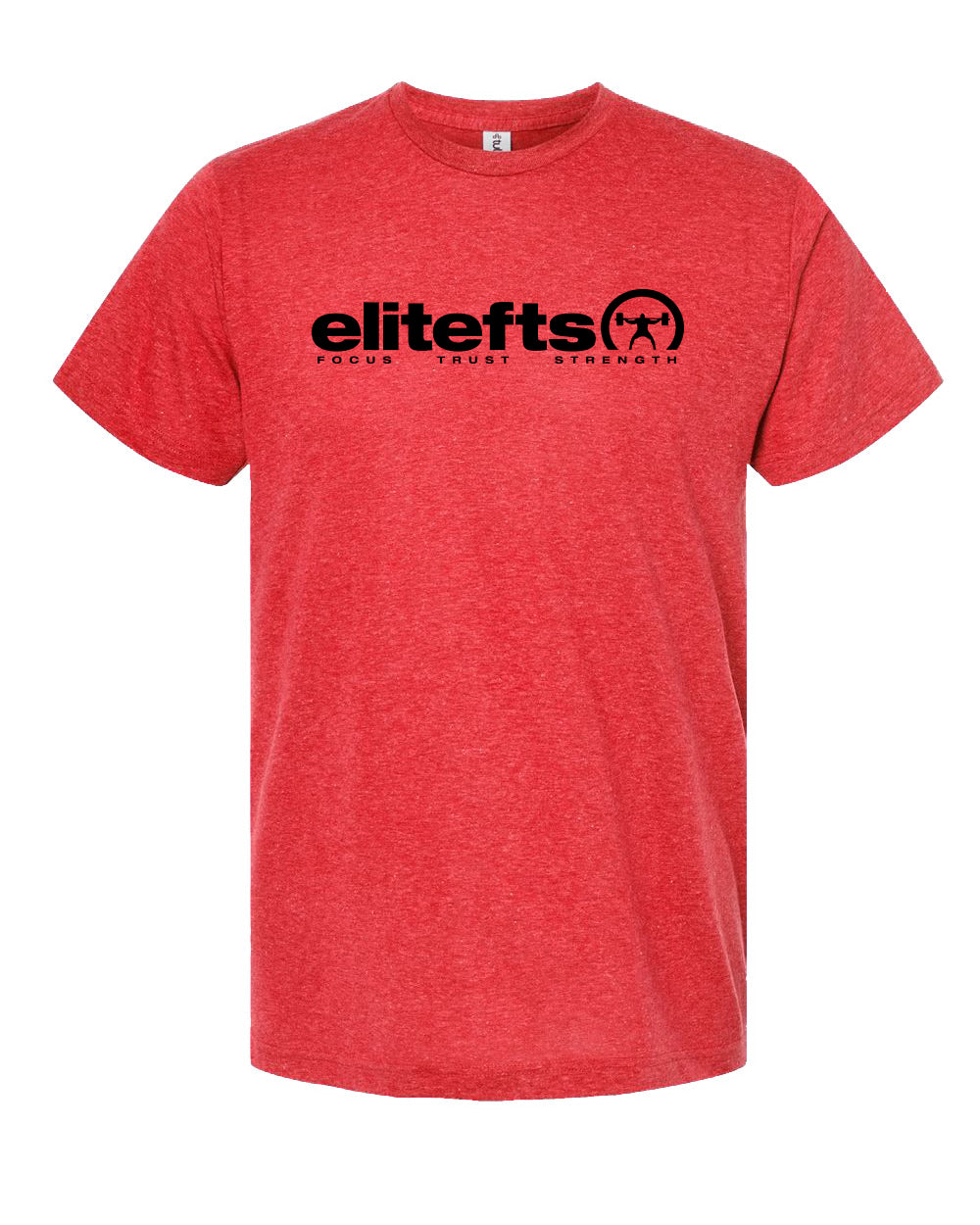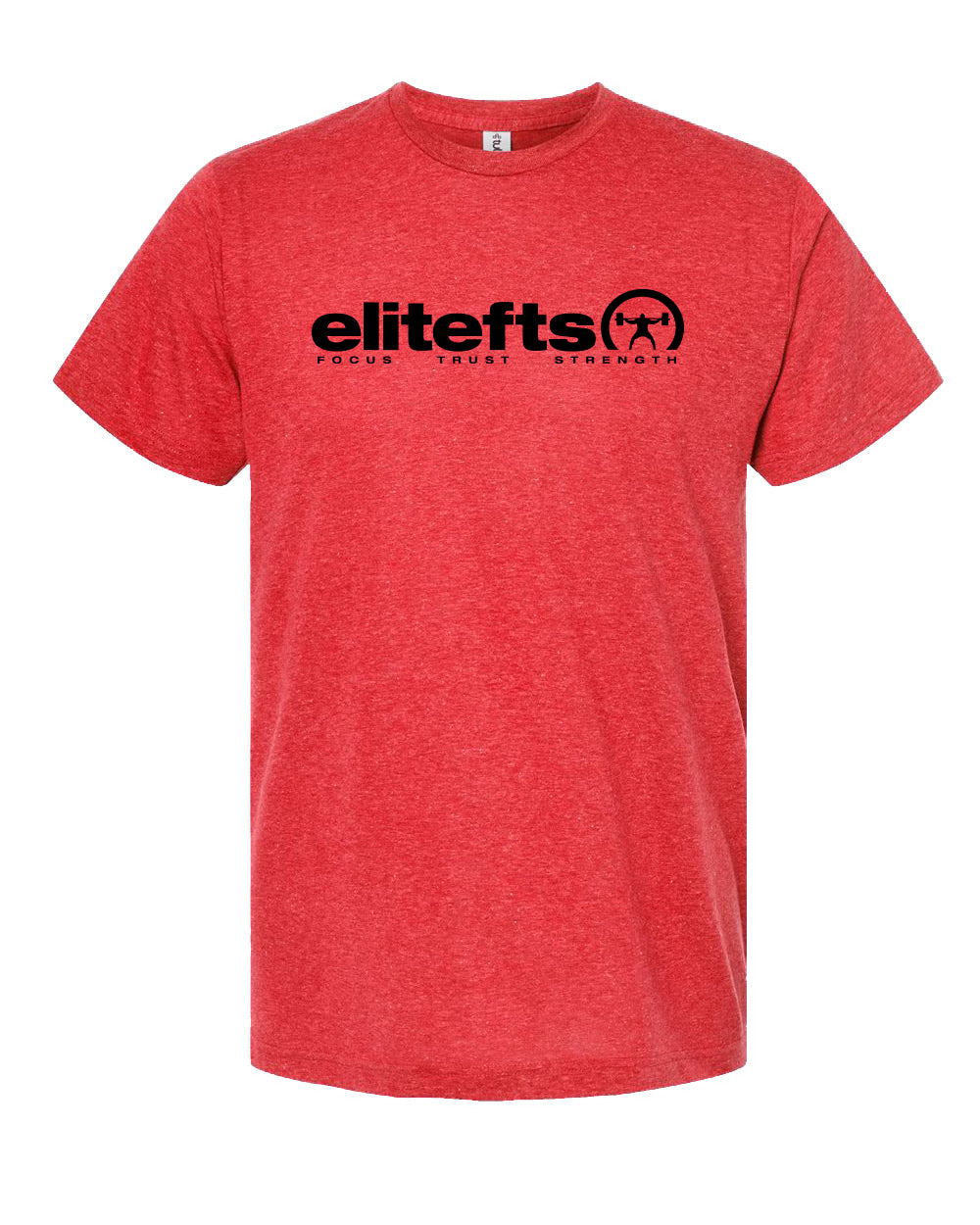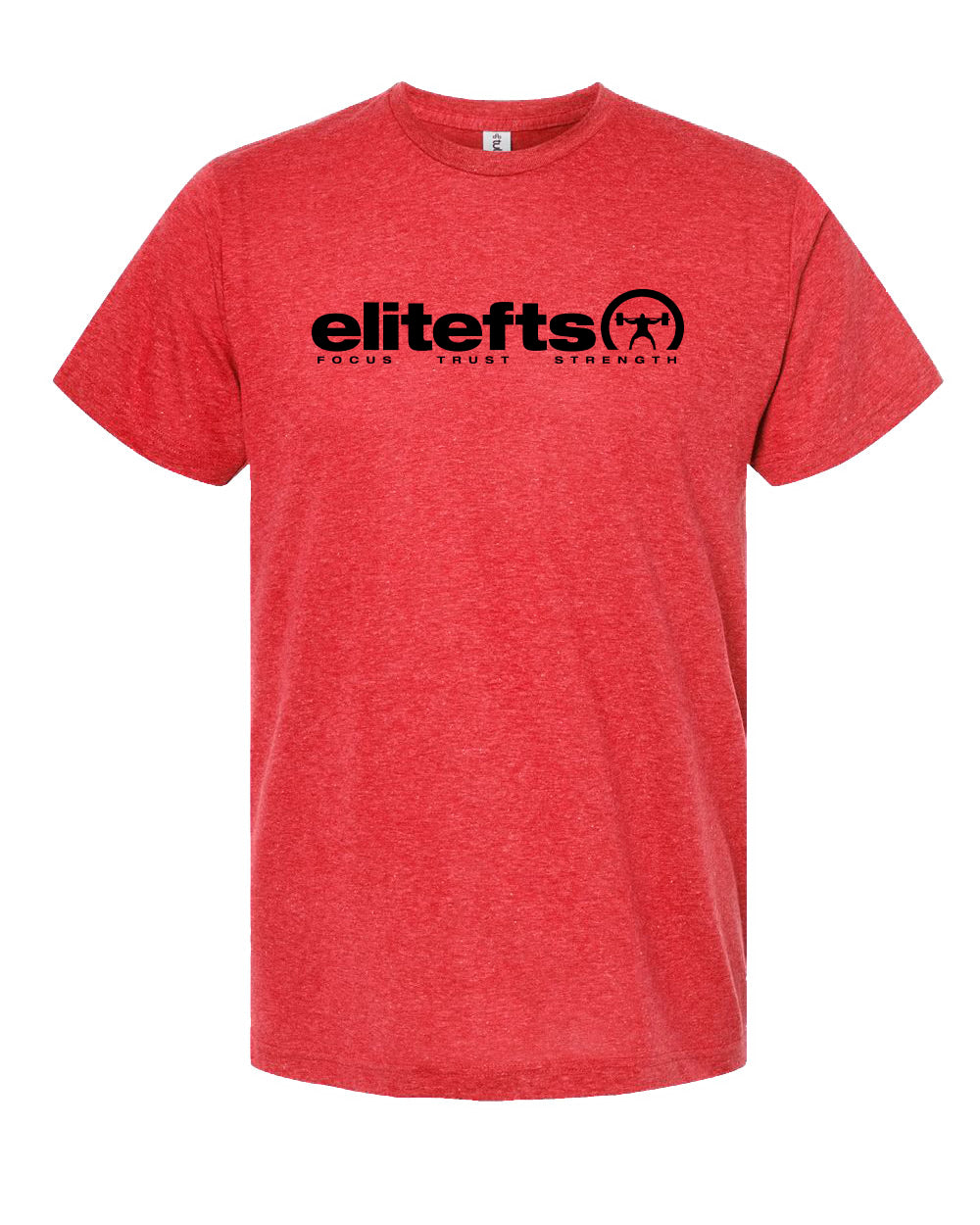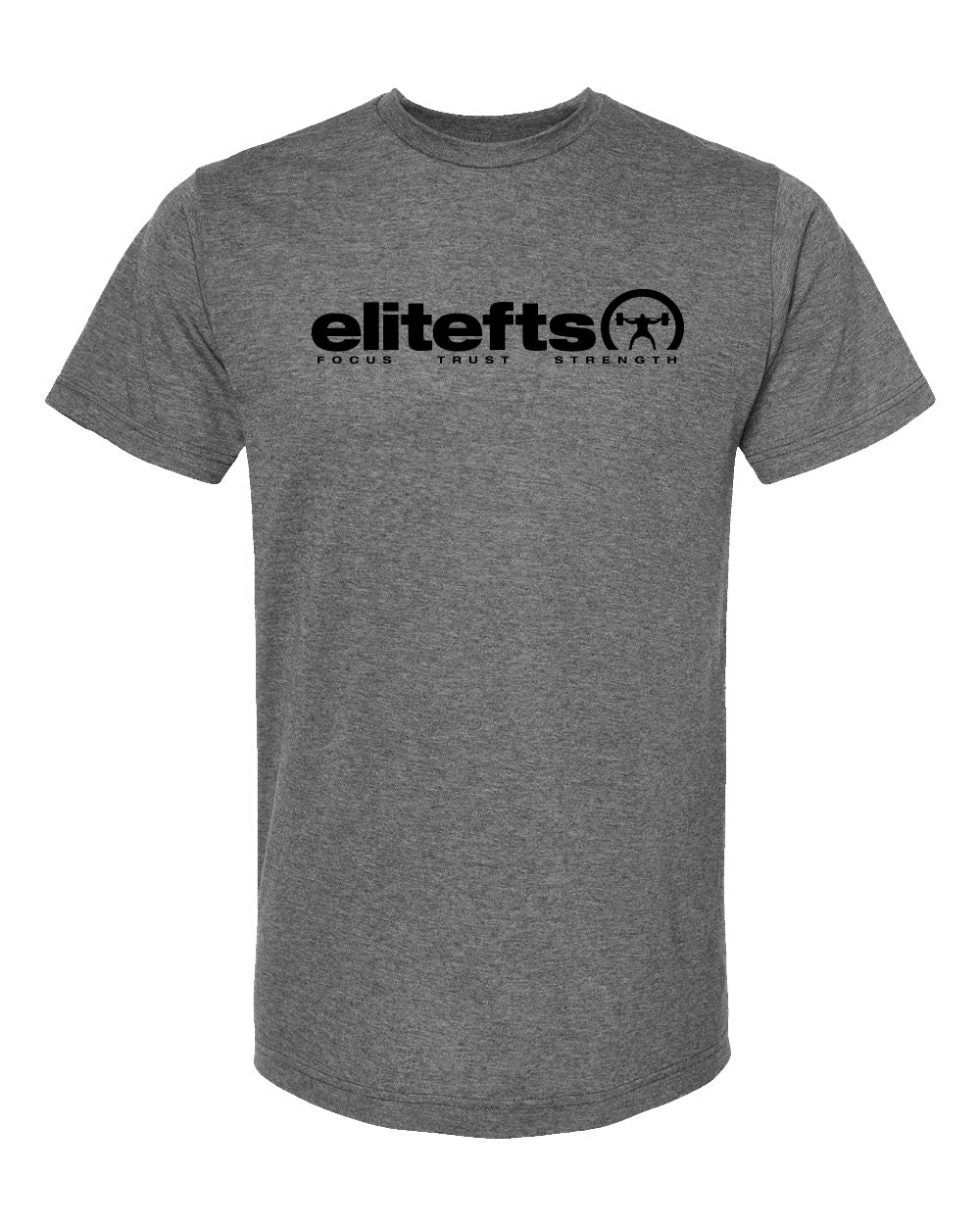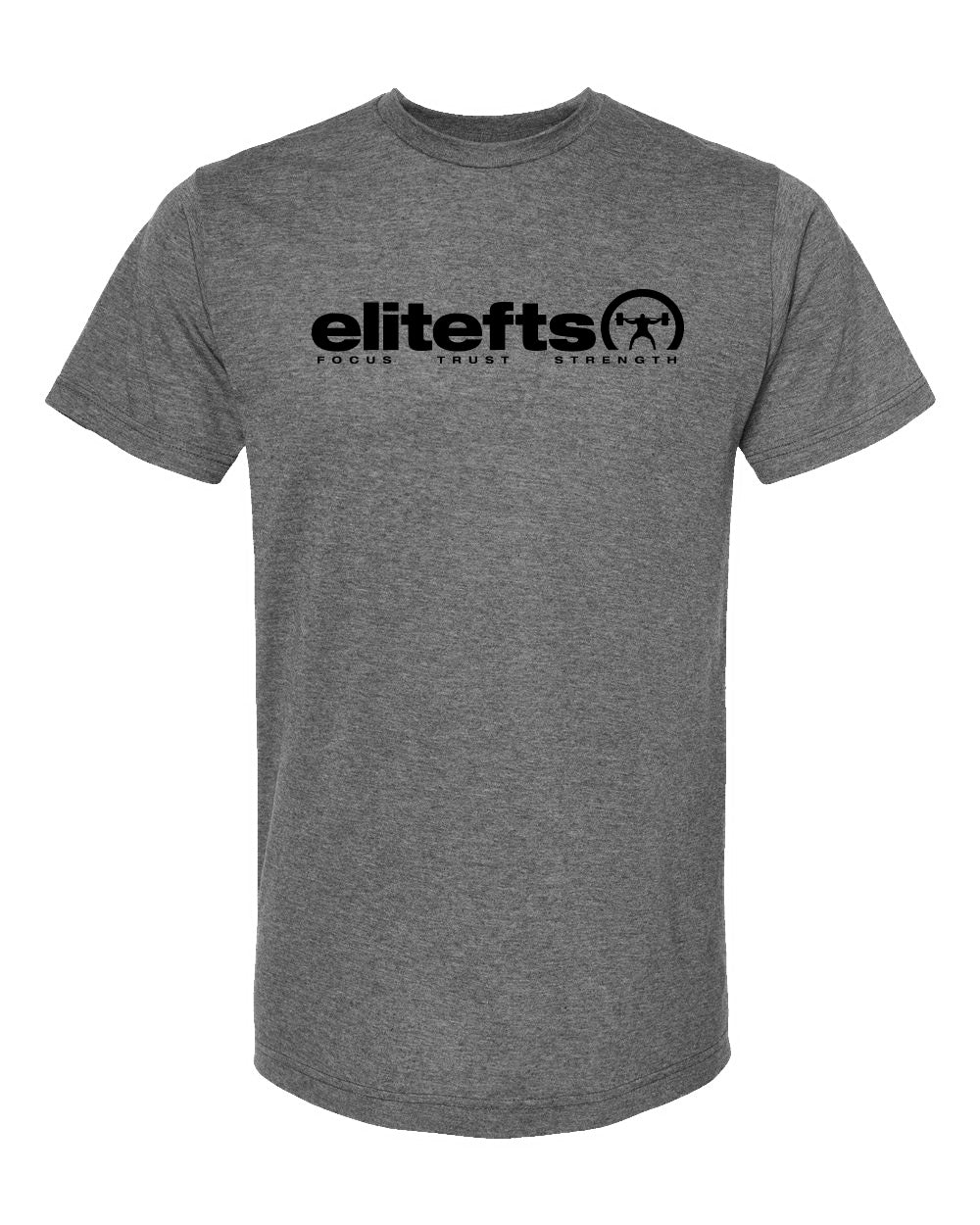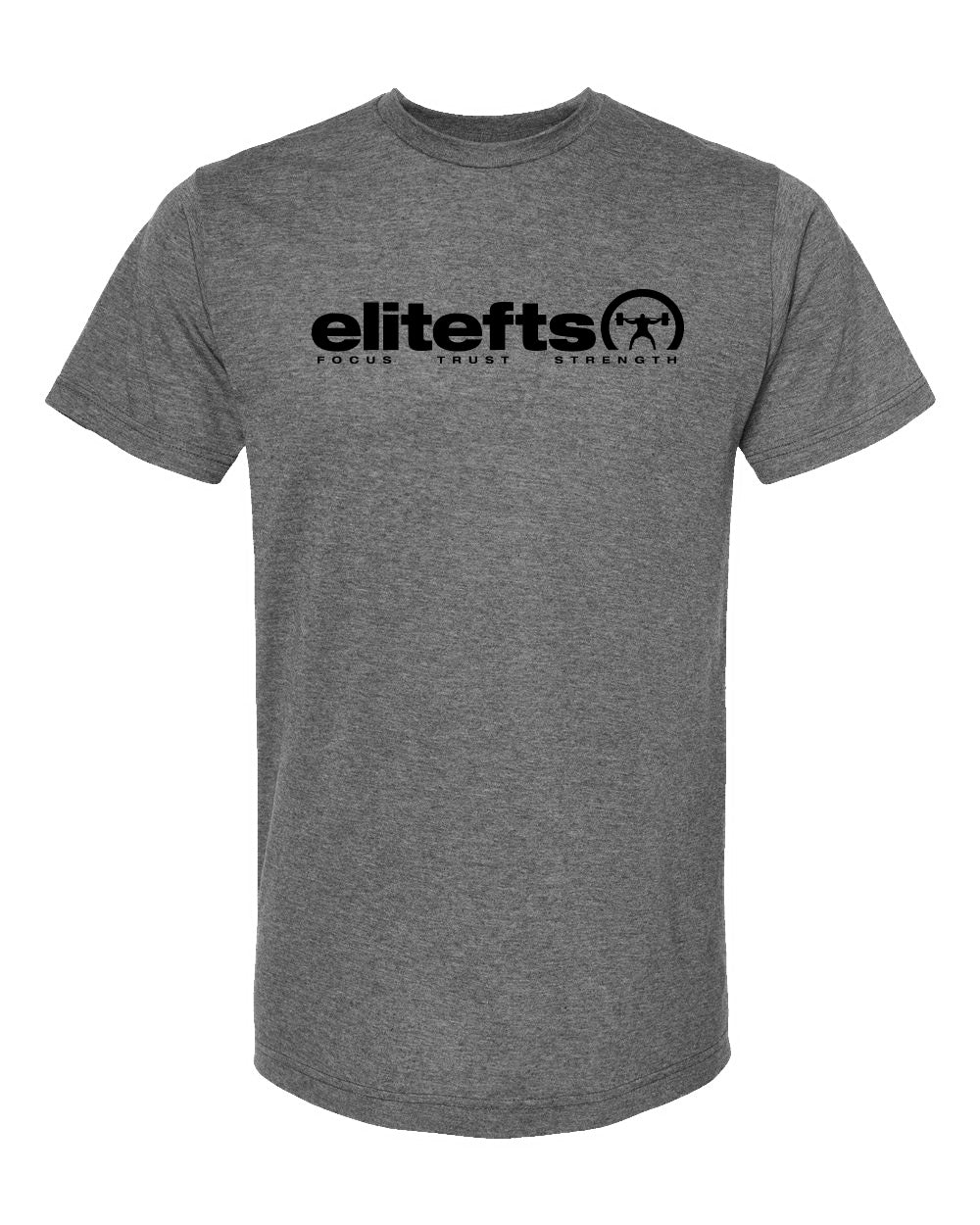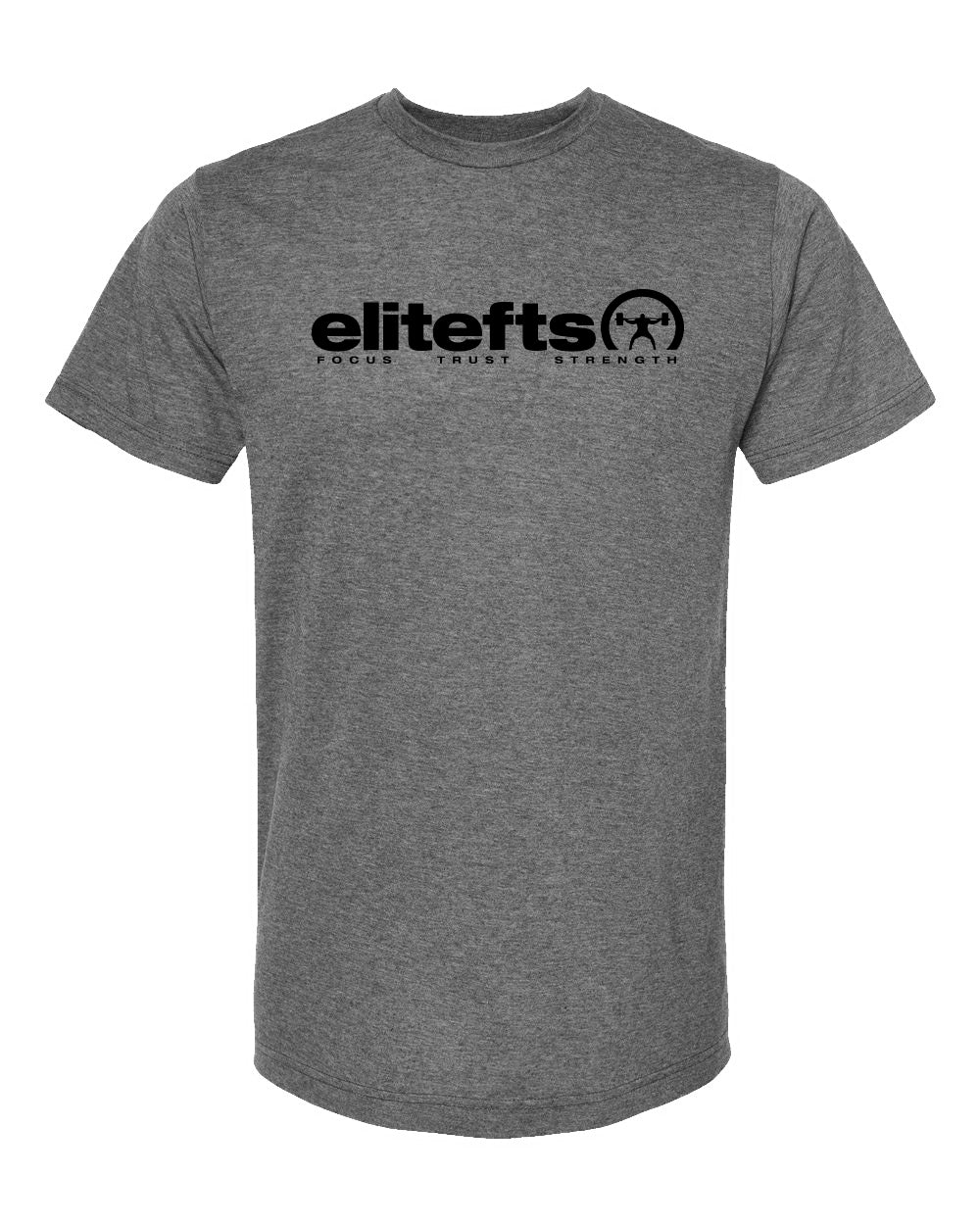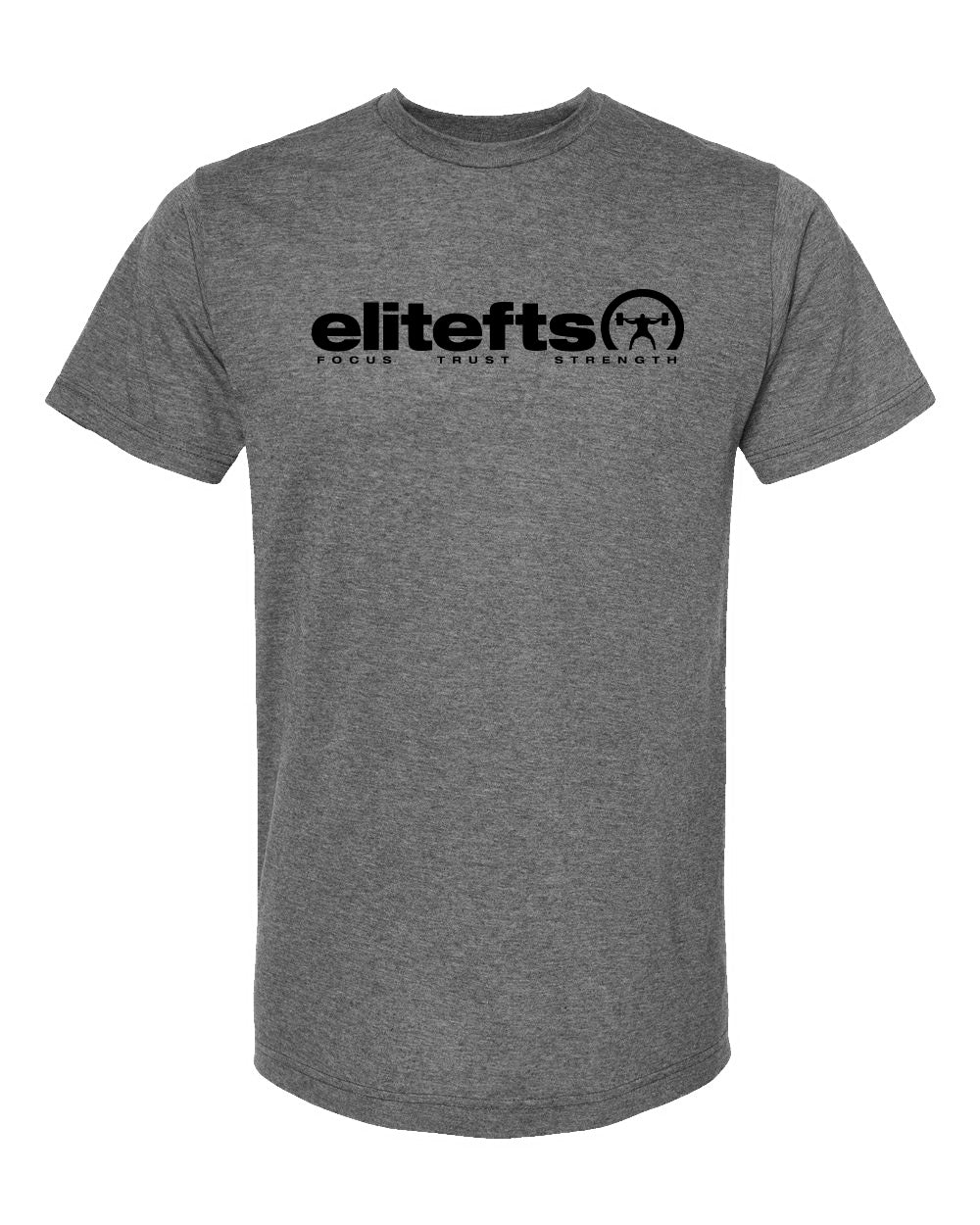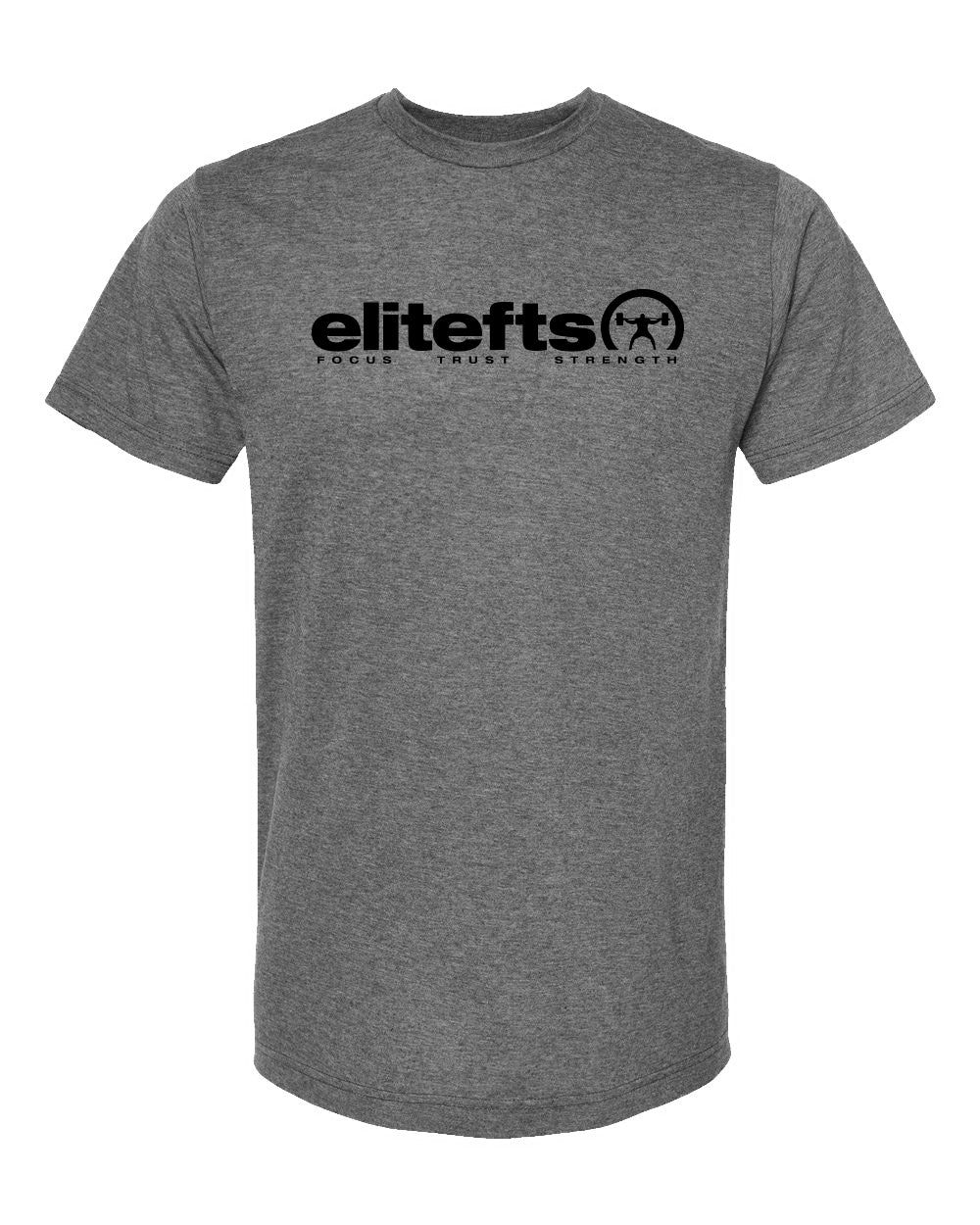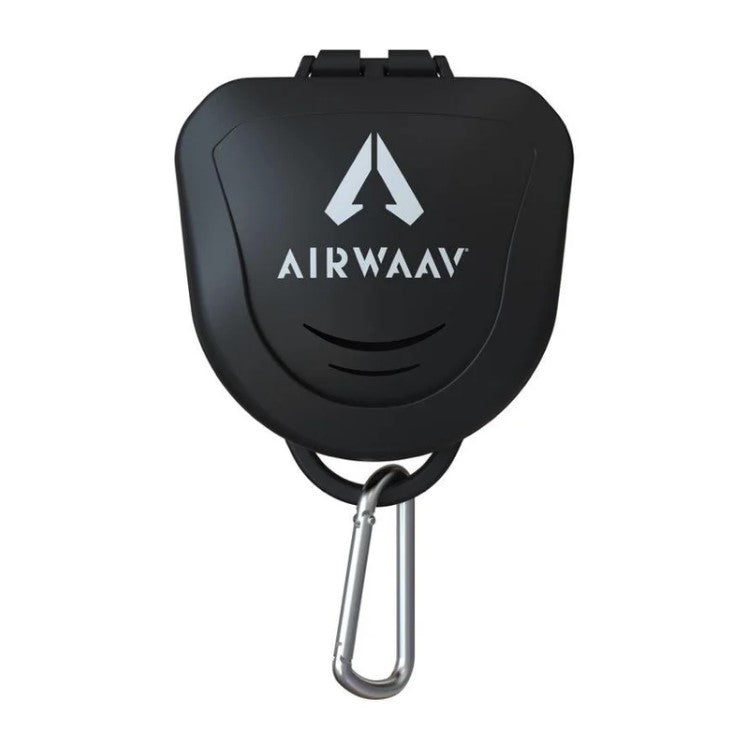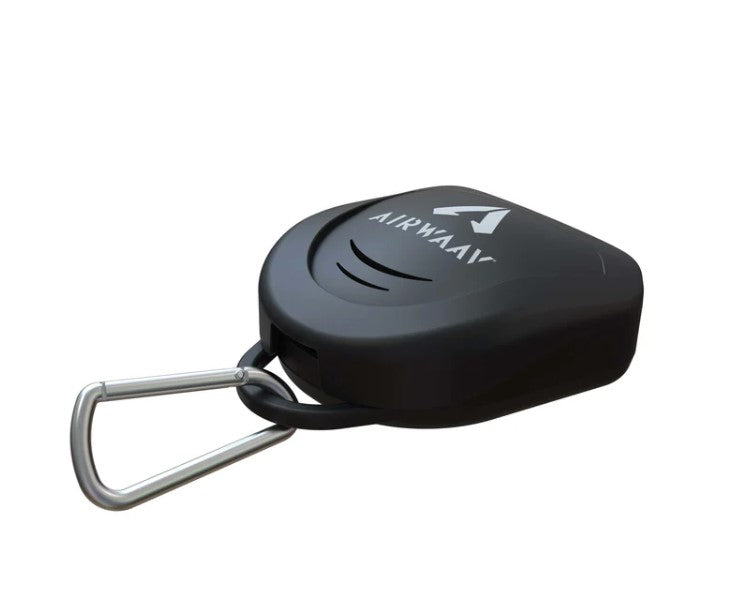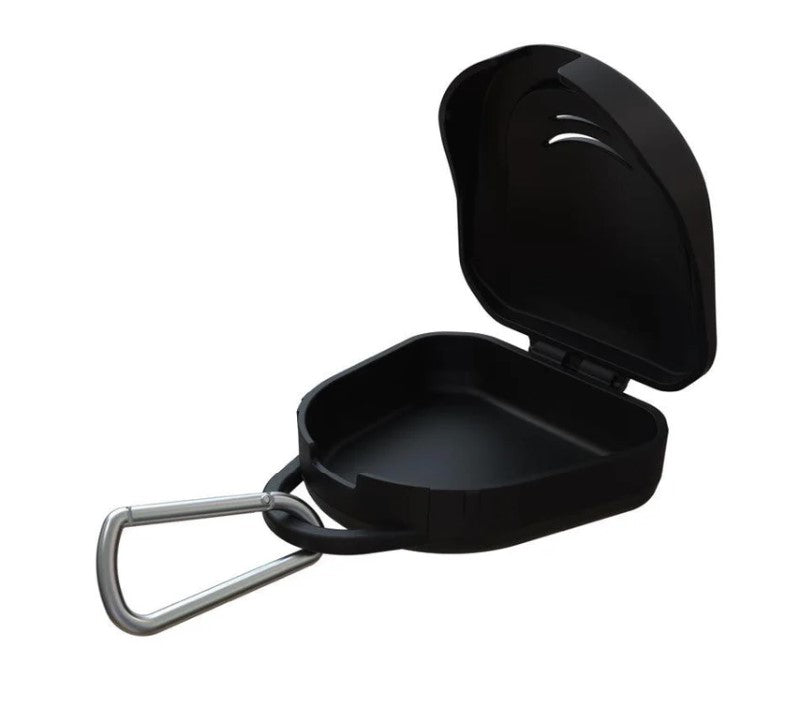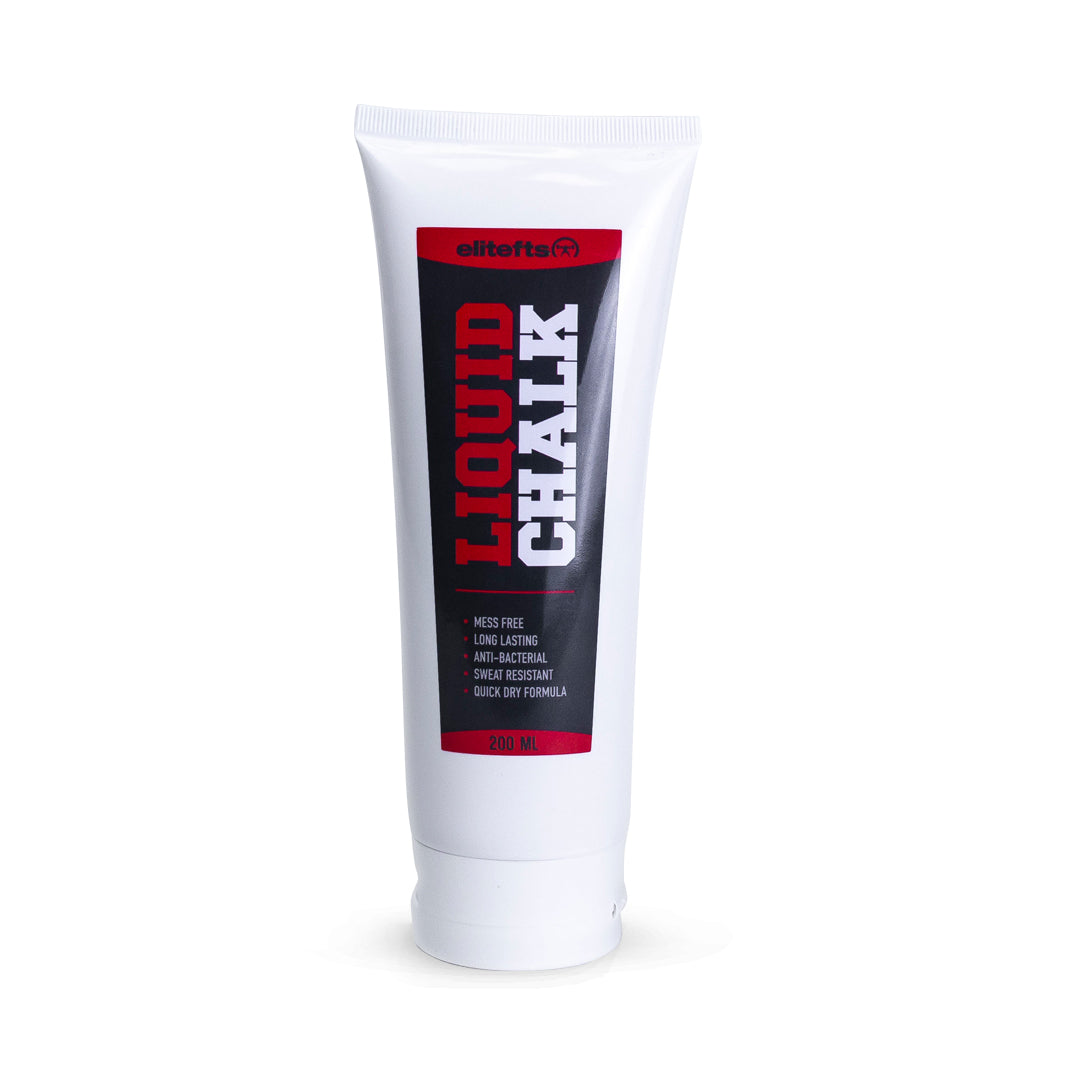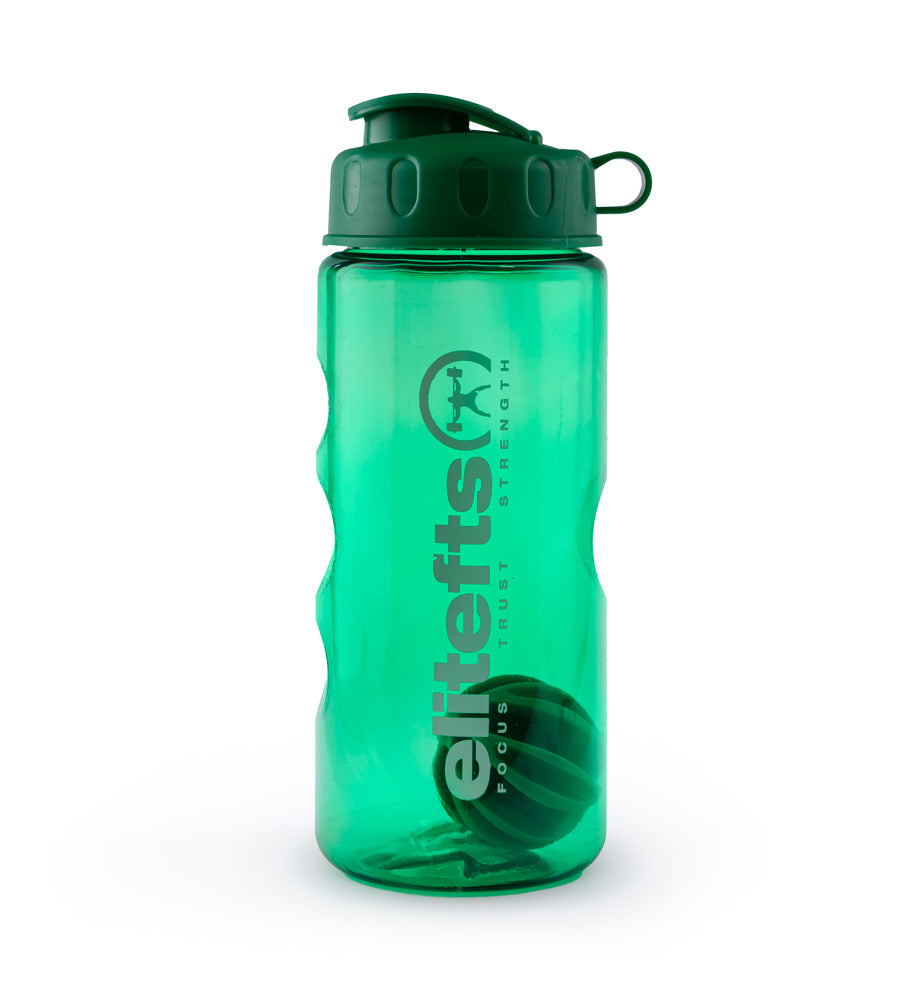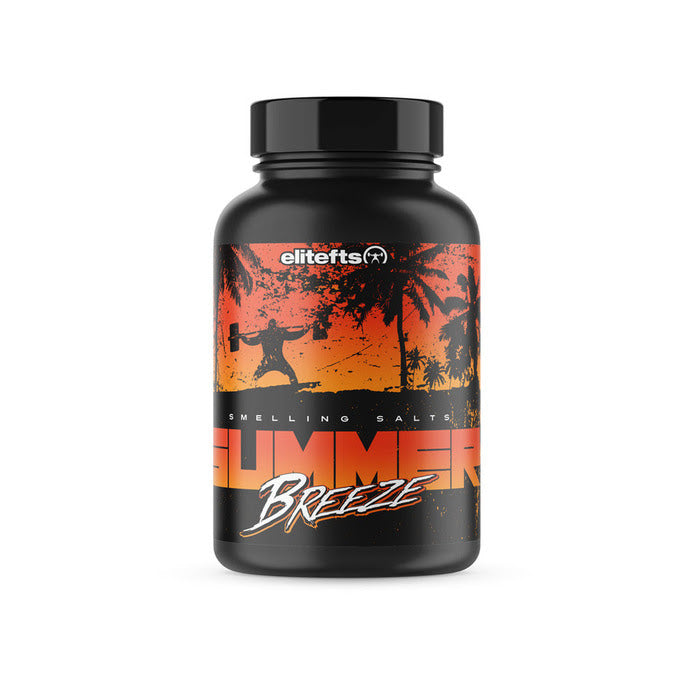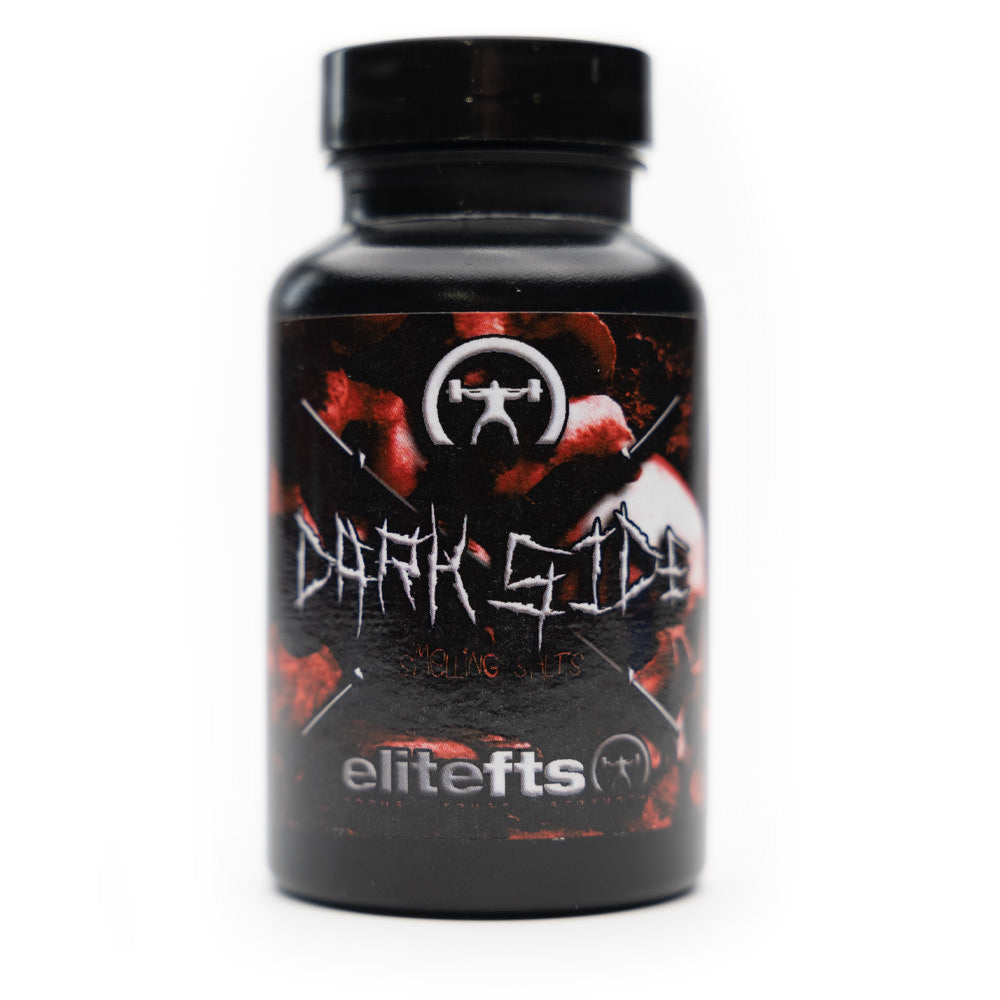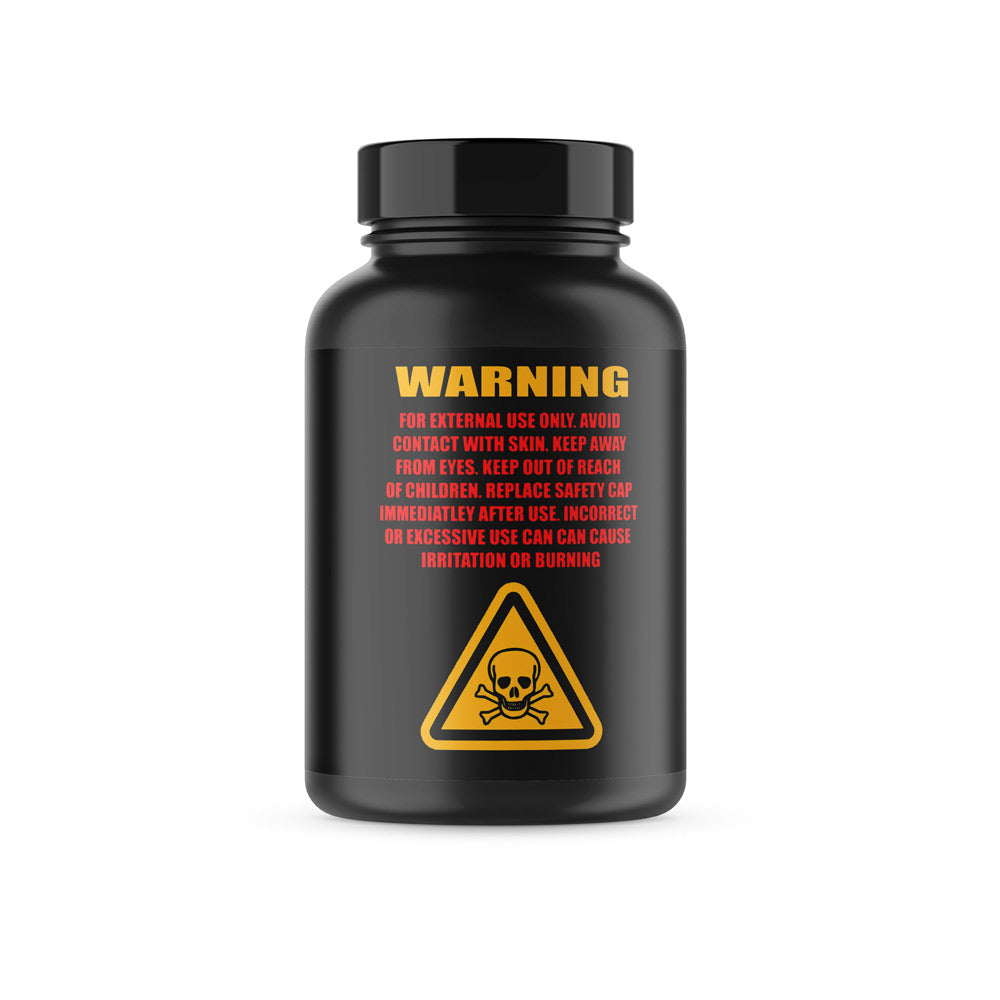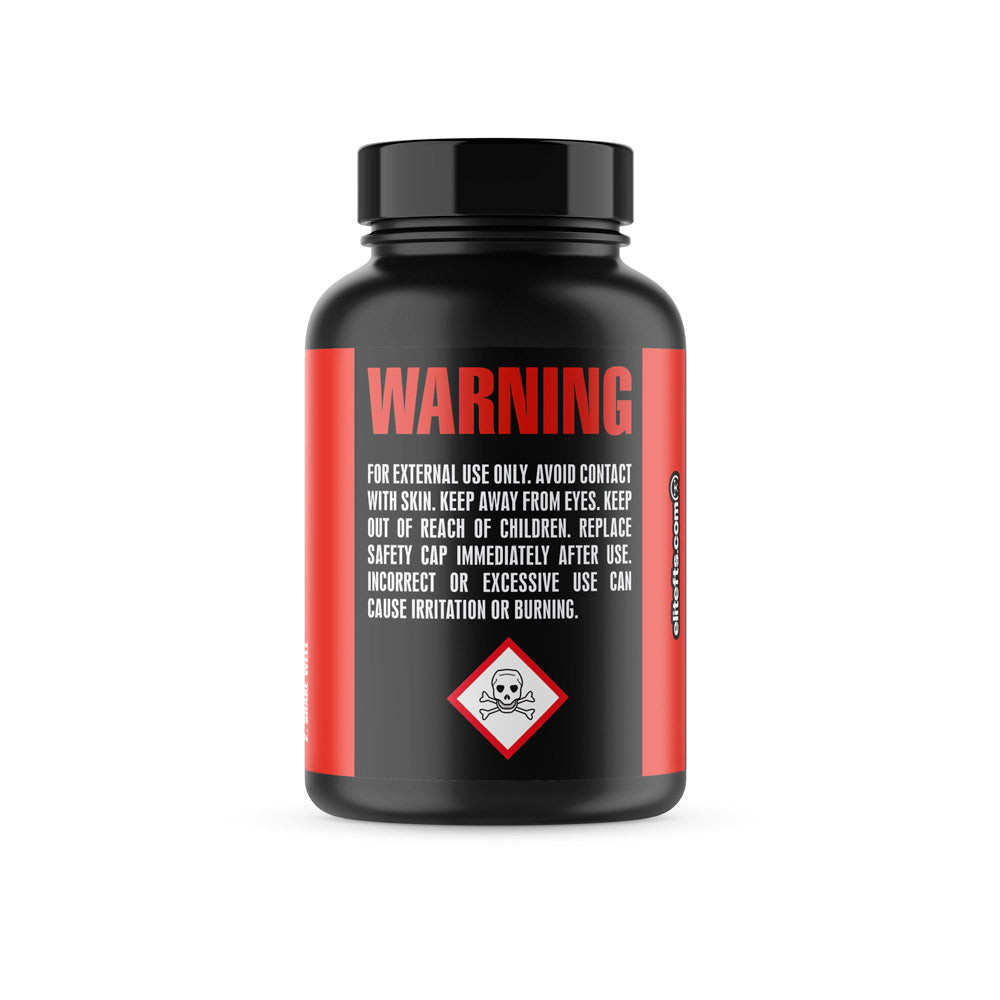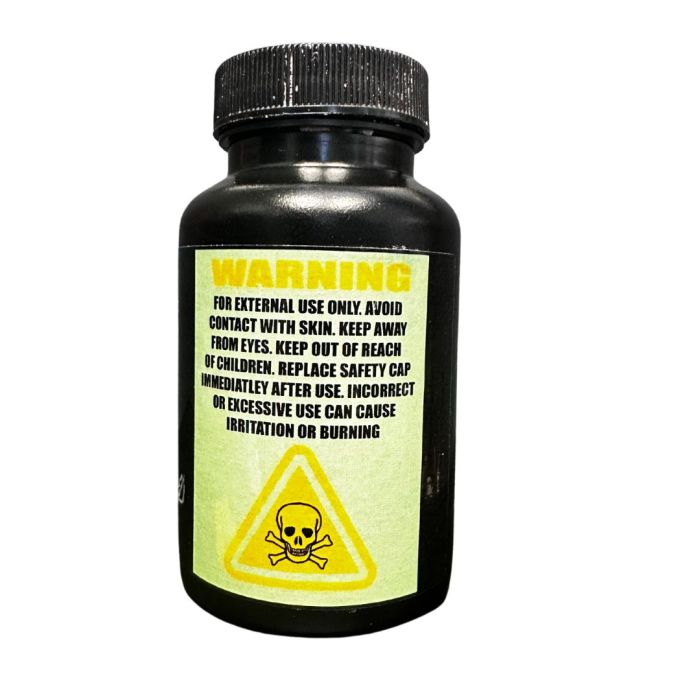I am an expert at making myself feel shitty after a meet—a master of the mind-fuck. If I were a Netflix series about interviewing serial killers, I would be Mindfucker.
I cried after my first couple of meets because I was so disappointed in myself. My first total was 475. There were no expectations and nothing on the line, yet I managed to convince myself that my performance was miles away from where it should have been (spoiler alert, it wasn’t).
As the years go by, the expectations and stakes are higher (I mean kind of but not really), but I’ve managed to find ways not to hate myself after every meet. Don’t get me wrong; I always want to do better than I did at any given meet. But with the passage of time and the help of seasoned lifters, I’ve found ways to find successes and perspective in my meet performance instead of spiraling into the 114-pound bag of tears and bones I used to be.
RECENT: 1300 at the WPO Semi-Finals
I hope that even just one of these points resonates with you and can help give you a better perspective for your meets.
1. Set (Multiple) Realistic Goals
I love doing this thing where I fantasize about my third attempts if all the stars align, I take a lot of test, and am way farther ahead in my training than I currently am. Then I add up those numbers, and I’m like, wow, what a great total! And then I am let down that my real meet did not live up to my fantasy meet that I’ve been thinking about for months.In short, I set unrealistic goals that are based on powerlifting wet dreams. I set myself up for failure. That isn’t to say you shouldn’t set the bar high for yourself. Just know the difference between the meet you fantasize about under the perfect set of circumstances and the meet that you could and should realistically have based on your training.
One of the meets I was the most pleased with was only a 10-pound total PR (three months after another meet). I was pleased because we set goals and I hit all those goals.
At the WPO meet, I had a few goals.
- Have as close to a perfect (9/9) day as possible.
- Get individual lift PRs.
- Hit a total PR if feasible—preferably 1300.

And I did all of the above. We called smart attempts based on how I was looking that day and the way the meet was running (speedily and well-judged). I only missed one lift. We picked a deadlift that would give me the total I wanted. And I walked away feeling like we accomplished what we set out to do. Of course, we always want to have a better meet than we do, but if you set goals based on your training and a realistic meet scenario, you will not feel like a total shitbag failure. Hell, you may even be somewhat pleased with your performance.
2. Understand Training is More Important Than Meets
Your meet is not the truest reflection of how strong you’ve gotten. Your training is. One of the things I’ve learned is to look at training for the real indicators of how you’ve progressed, not just at your meet numbers. Sure your meet is your top lifts after you peak, but you also had weeks and weeks of squats, bench, and deadlifts where you progressed and got stronger. Anything can happen on meet day. While it sucks, it happens. But that doesn’t mean you didn’t get stronger.Unless your training was an incredibly haphazard amalgamation of reps and sets, you build a solid foundation of strength during your training. Just because you had an underwhelming meet, that doesn’t mean you lost all that work and strength you built up during training.
I used to be under the impression that all of my training was just for the meet coming up, and if I didn’t display my full capabilities, then it was a loss. But it’s not. You don’t start over. You don’t lose your strength. You’ll keep fixing your weaknesses and building your strength and be even better prepared for the next one.
3. Realize Each Meet is a Stepping Stone
Unless you get hit by the Grave Digger (of Monster Jam fame) or we just roll from pandemic to pandemic, your next meet probably won’t be your last. So don’t think about it as the end all be all. Each meet builds upon the one before it. With that in mind, make sure you have long term goals. Not only will your training be structured in a way that will lead to long-term success, but you will also have a broader view of what your meets mean. Meets are a way to peak and display your strength and get you to where you want to be down the road- be one, five, or ten years down the road. When you can think about your meet as something you are building upon, hopefully, you can take some of the stress and disappointment away.4. Failures are ALWAYS a Learning Experience
Sure we all leave meets feeling like there is a lot we can do better and that’s fine. But when you complain about all the shit you fucked up, make sure you have an actionable plan in place to work on them moving forward. Don’t just complain about the music at the meet and how little you slept and how you didn’t do enough tricep extensions the week before the meet and you ate the wrong breakfast. Make sure your negatives are something you can work on.No matter what happens at a meet, you can ALWAYS look at it as a learning opportunity. If you fail on a lift, that just means you know exactly what you need to fix. If you rounded over in your squat, make sure you attack your back and bracing in the coming training cycle. If you rushed your deadlift and were totally out of position, make sure you hammer your technique and starting position. Max lifts and lifting under pressure are a great way to figure out exactly what you need to work on the next time around.
It’s ok to be mad about shit but make sure you do something constructive with it. That way you’re not spinning your wheels out of frustration and you are actually working on improving as a lifter. If you don’t use your failures as a learning experience, you are doing yourself a huge disservice AND wasting a ton of mental energy.
Ok now go and wipe up your tears with your trophy that you got for coming in first out of one lifter and just be glad you aren’t crying over your 475-pound total.








